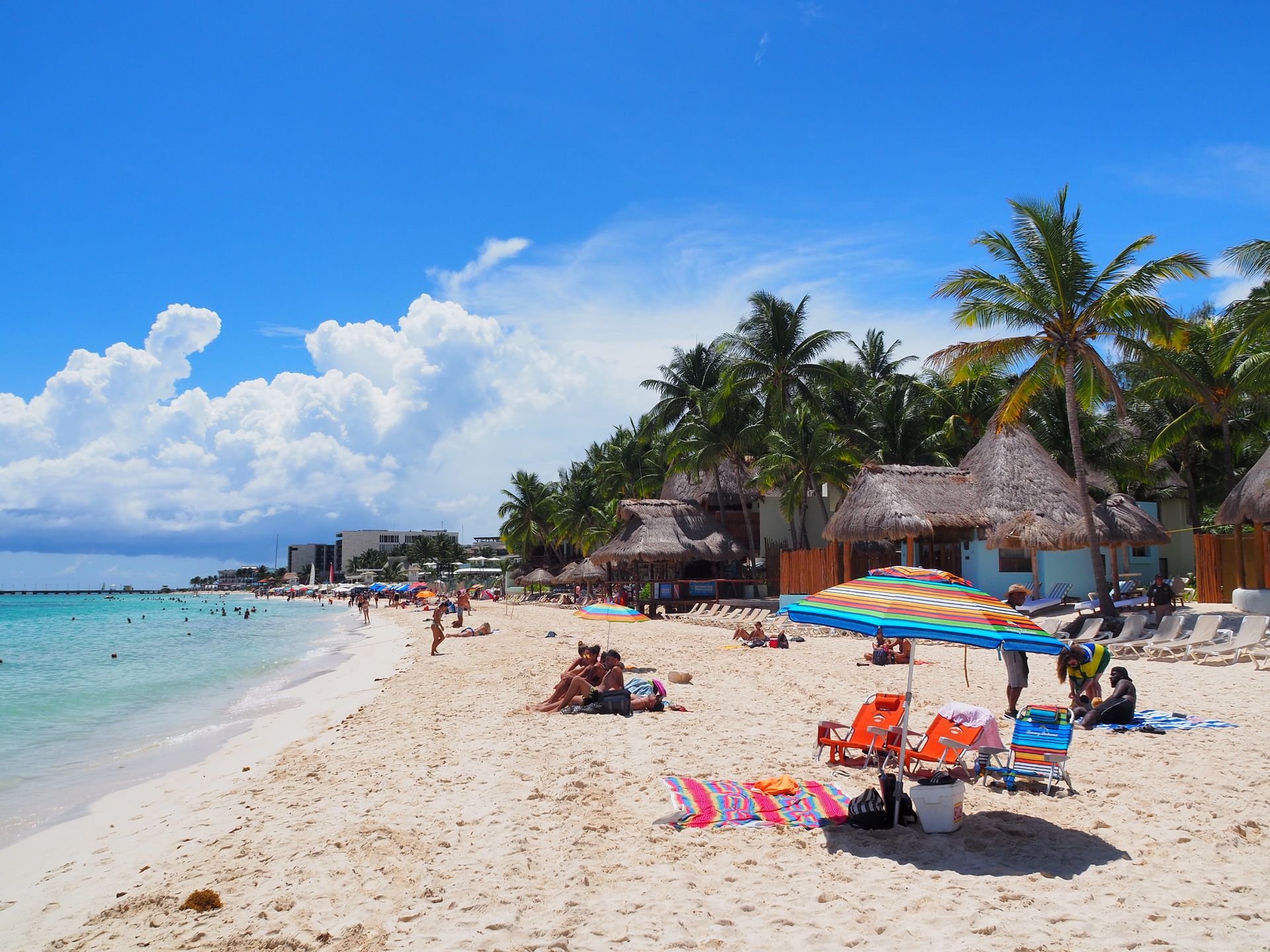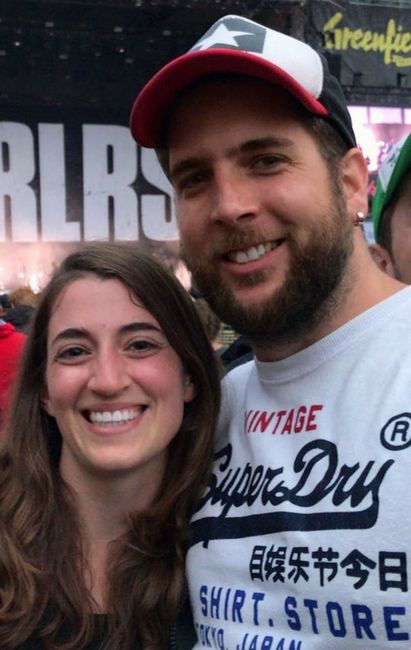
Auszeit - Reise Richtung Osten
vakantio.de/auszeit-reise-richtung-osten
Busan, South Korea's second-largest city
ప్రచురించబడింది: 17.07.2019
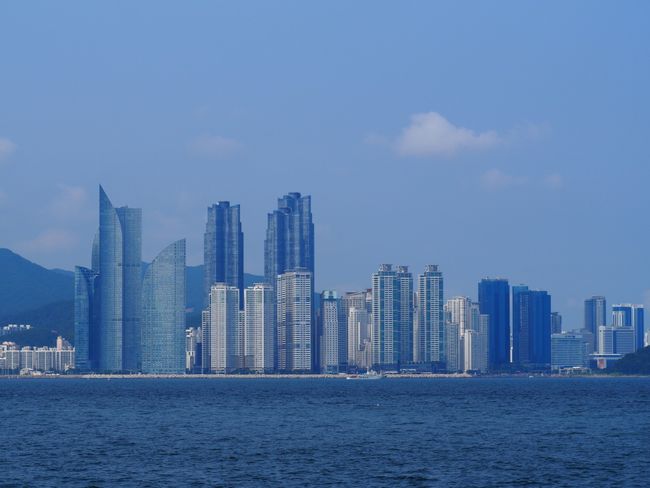
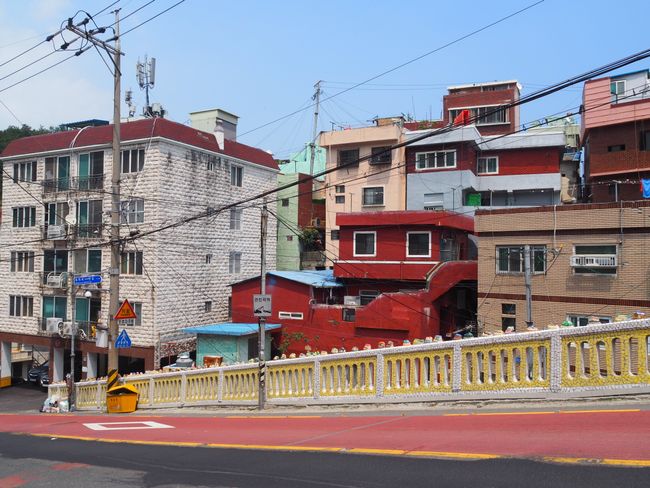
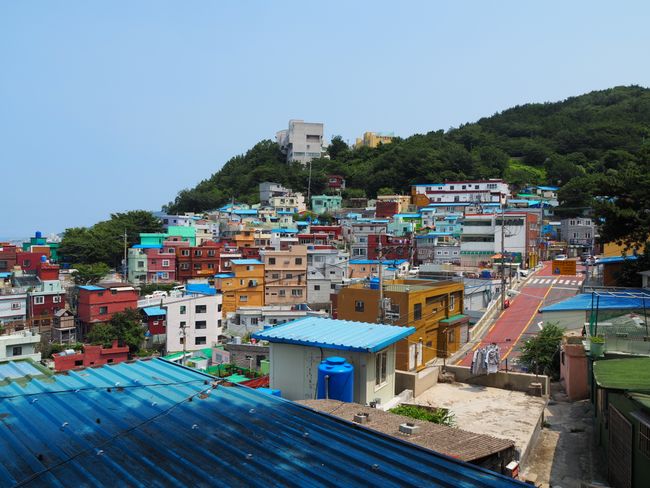
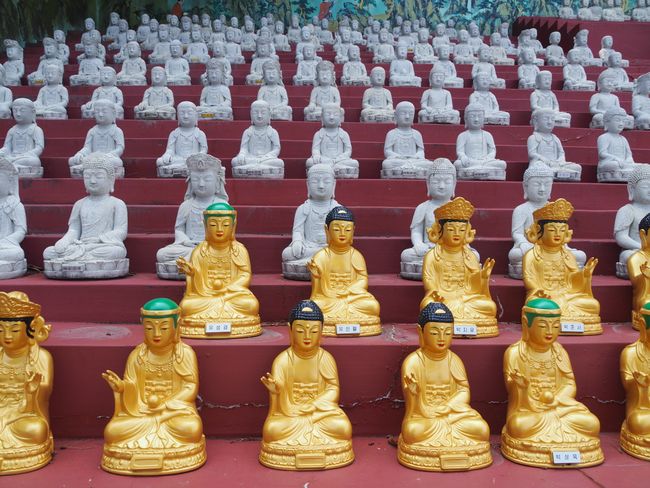
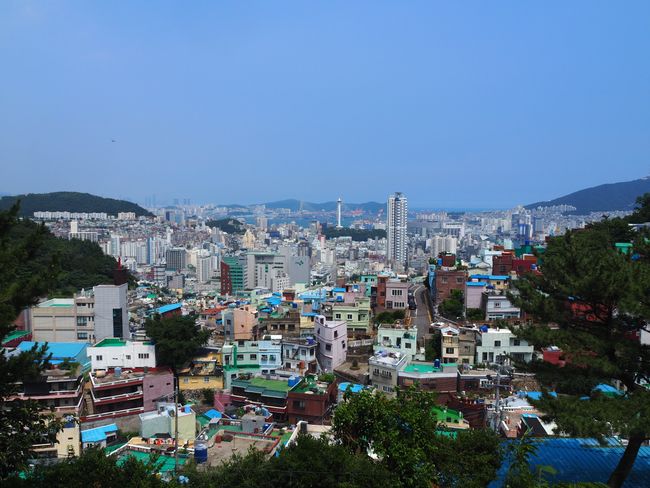
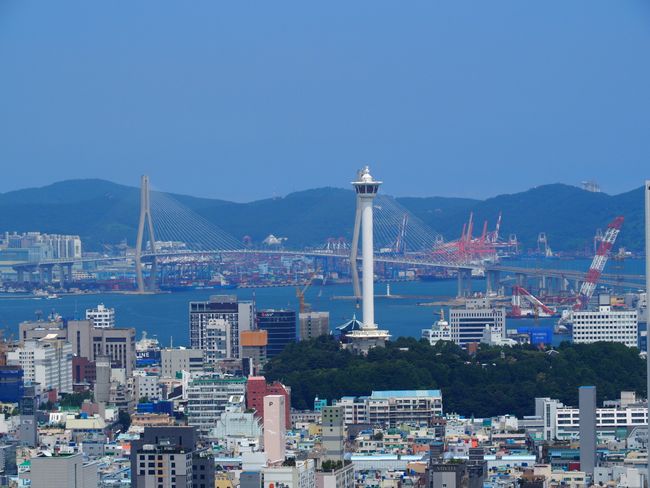
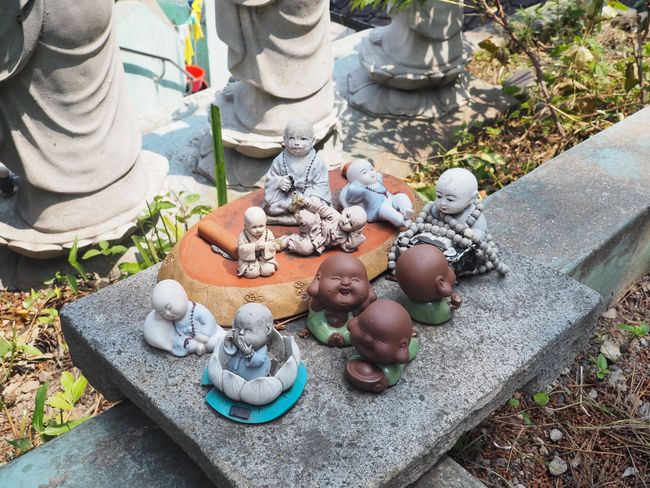
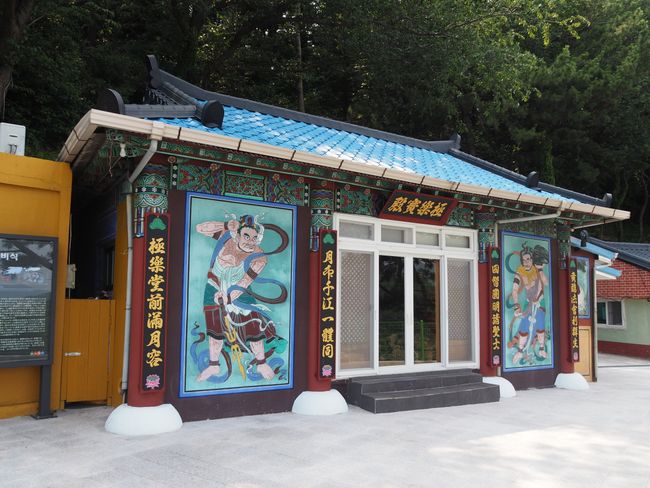
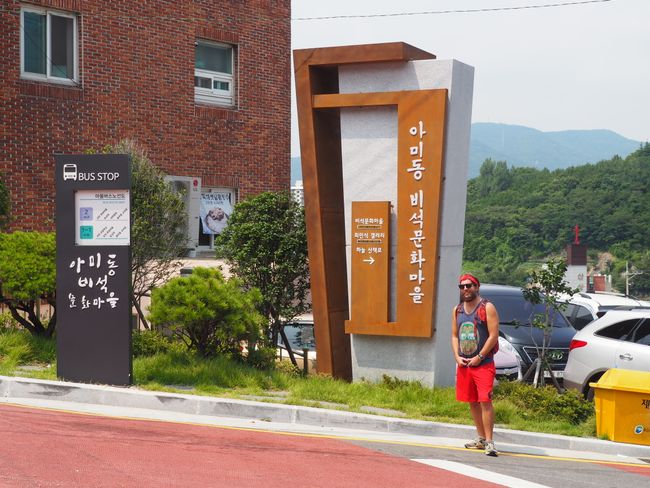
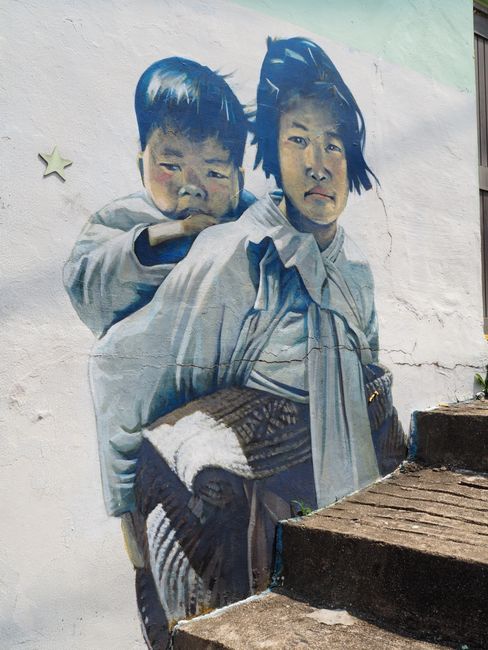
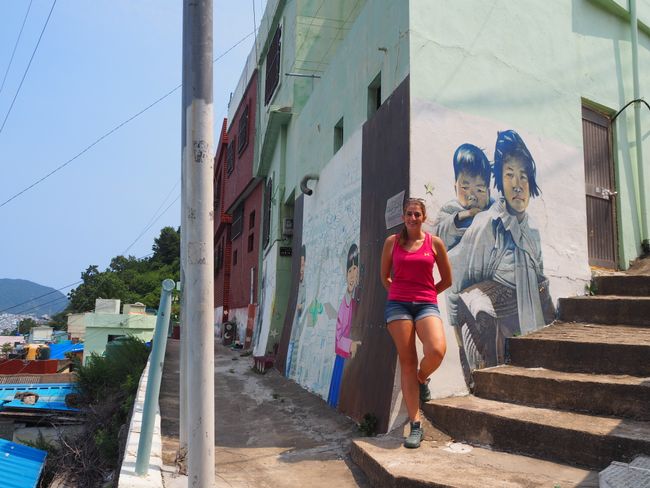
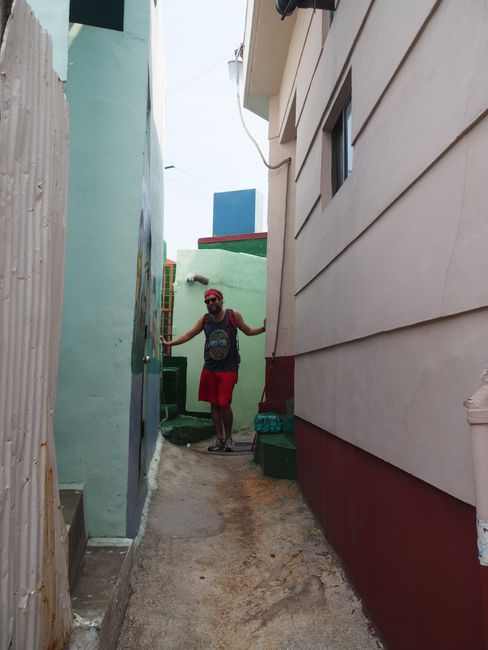
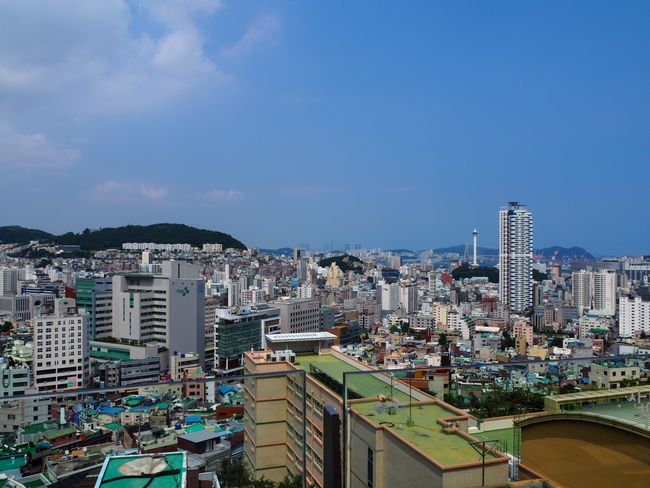
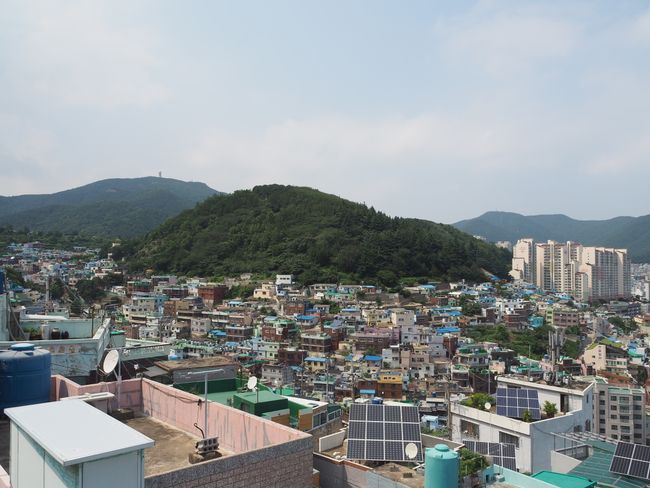
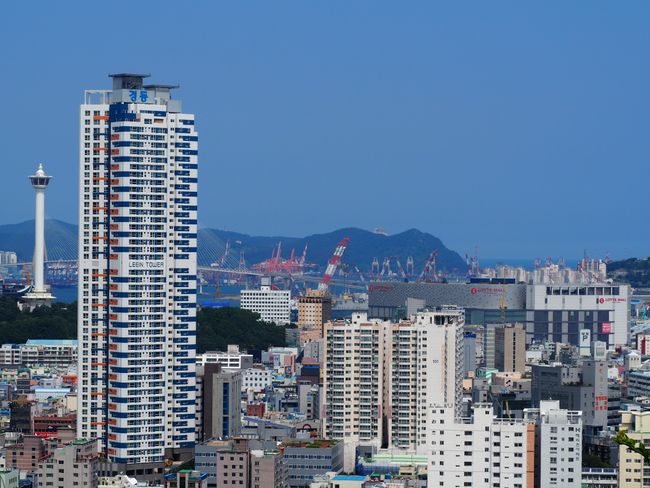
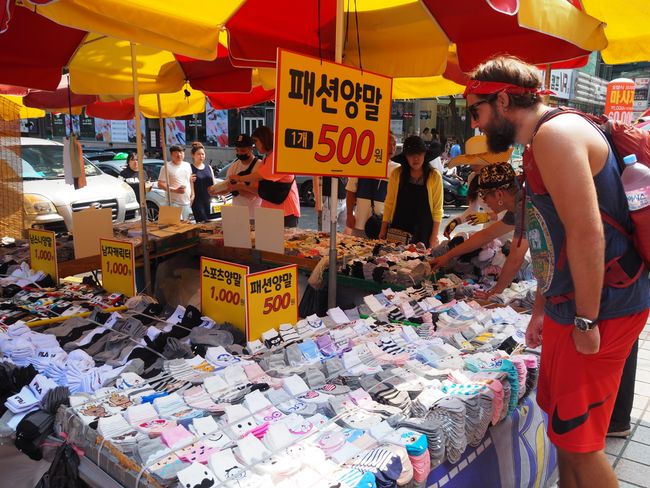
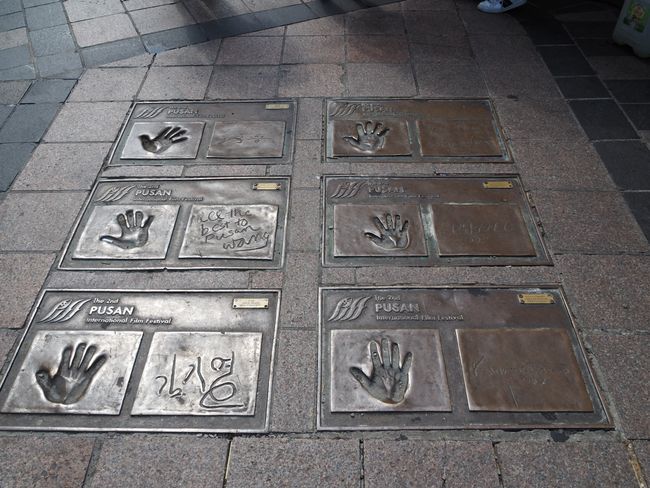
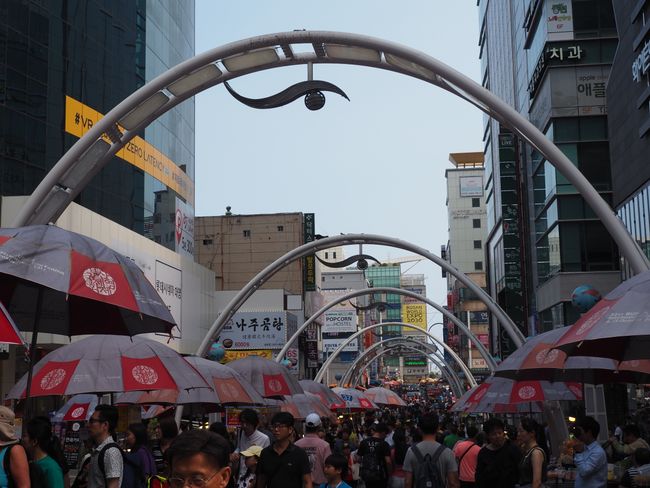
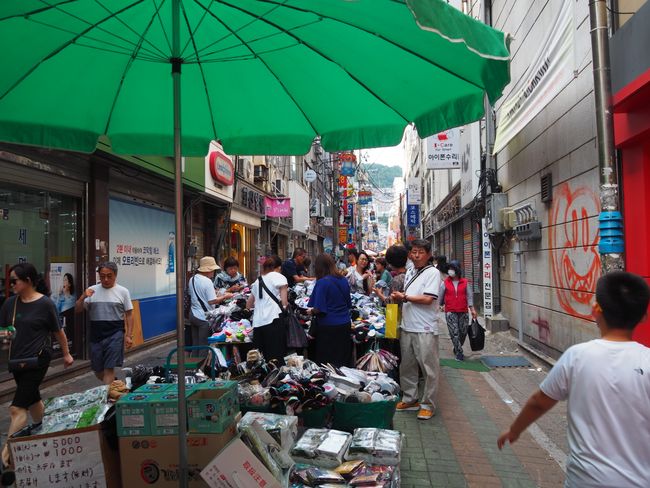
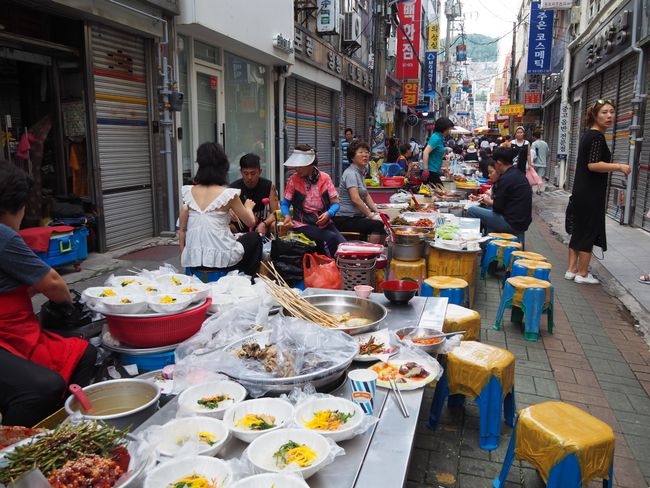
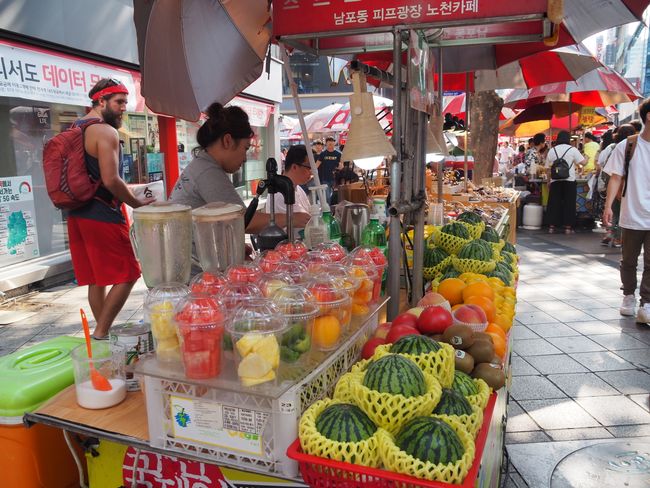
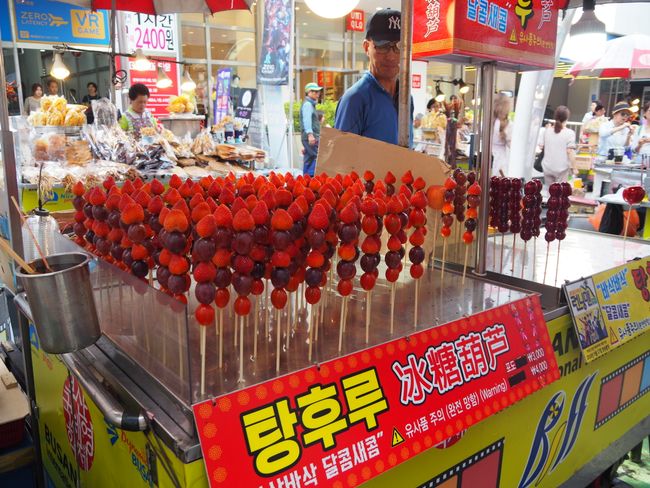
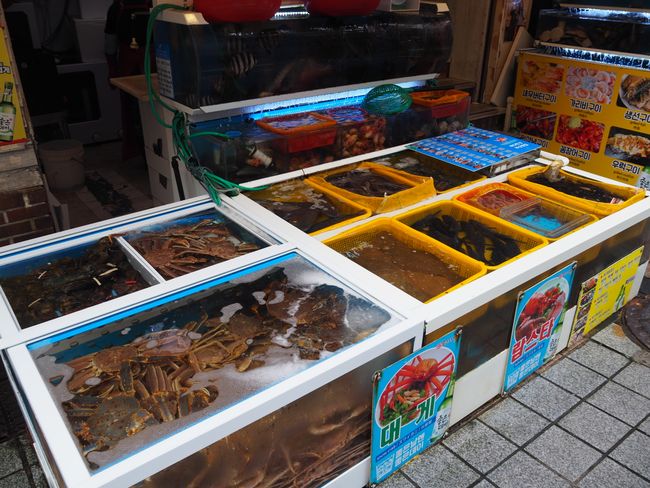
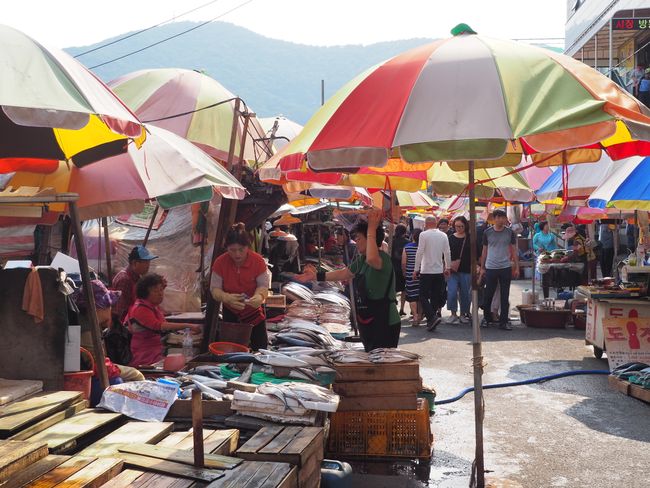
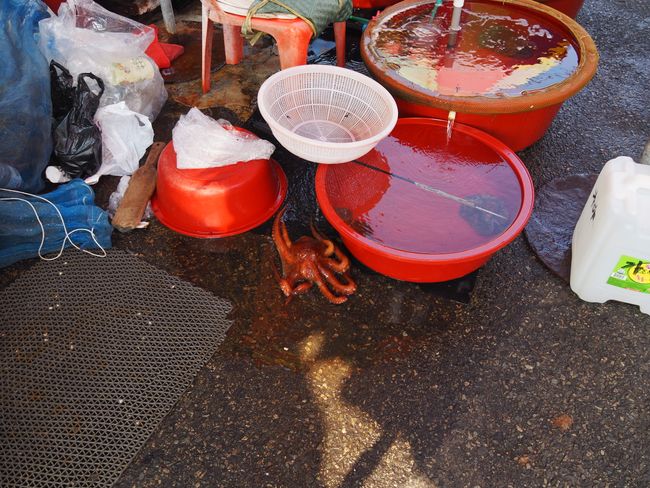
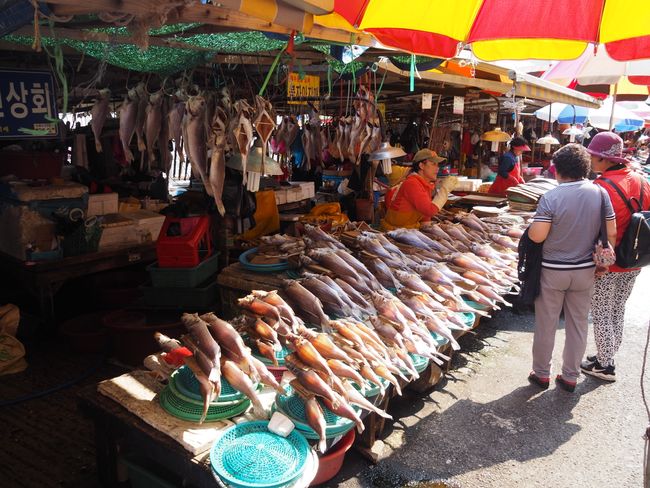
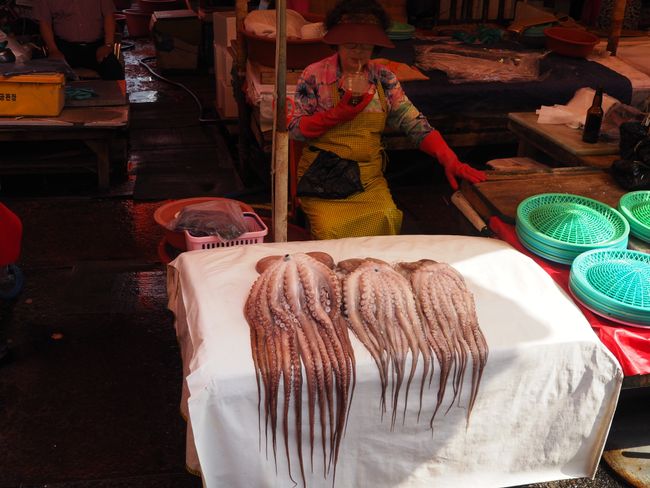
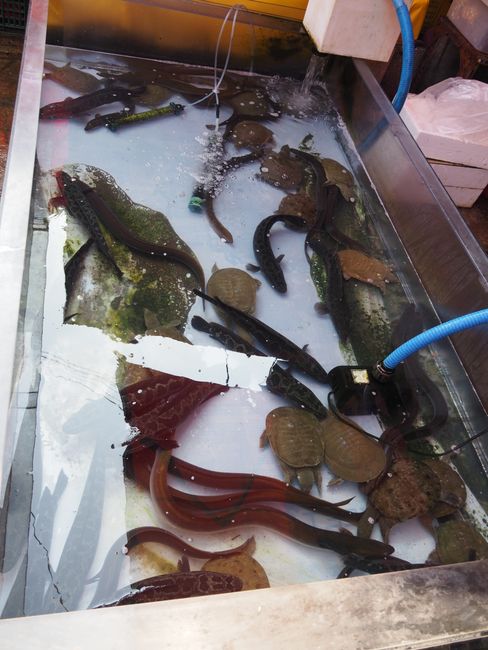
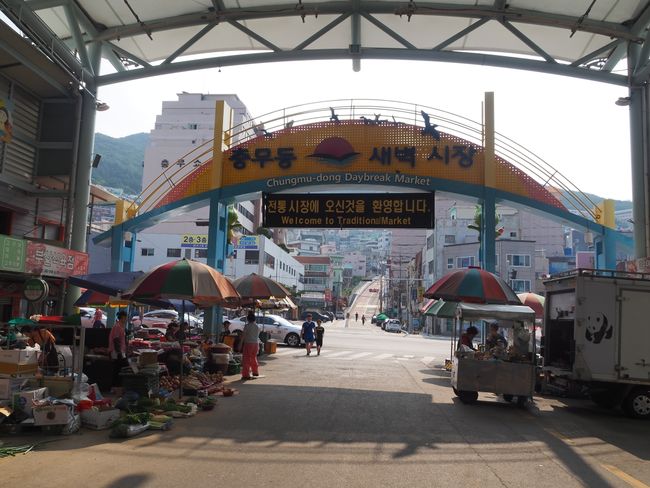
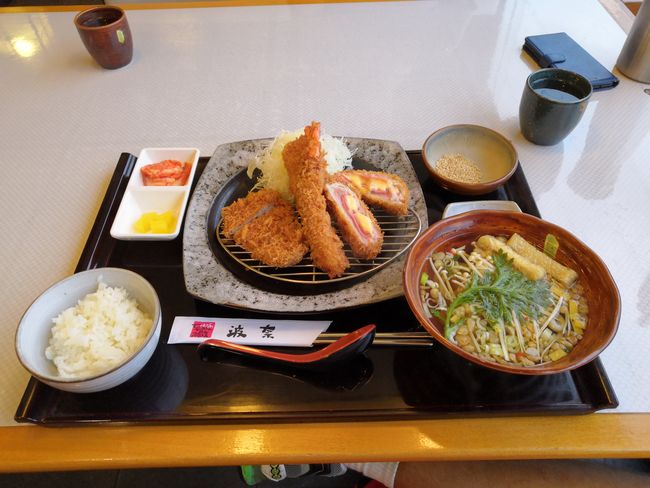
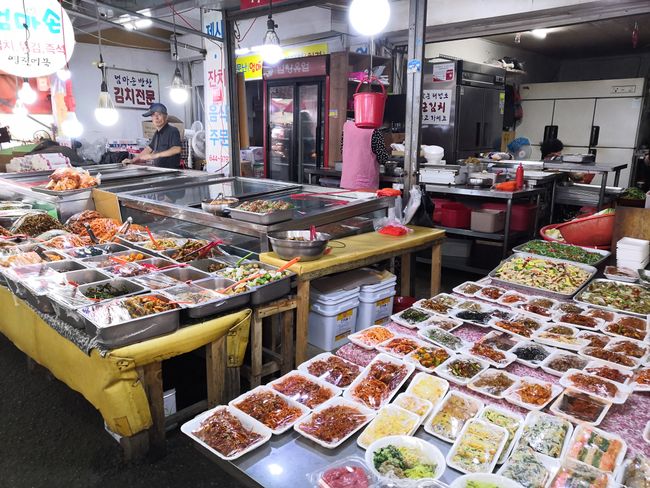
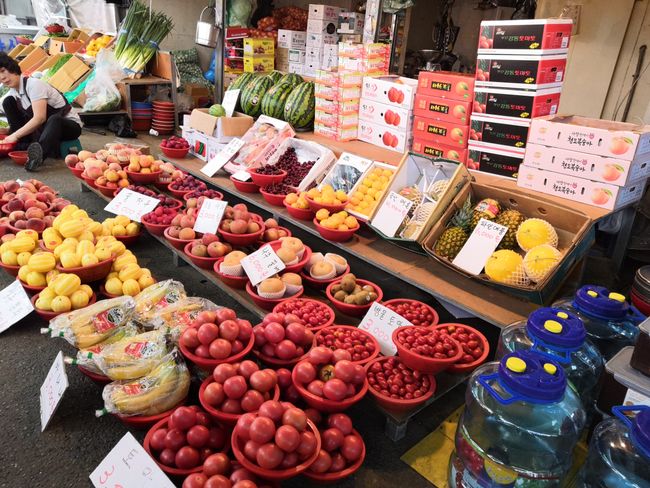
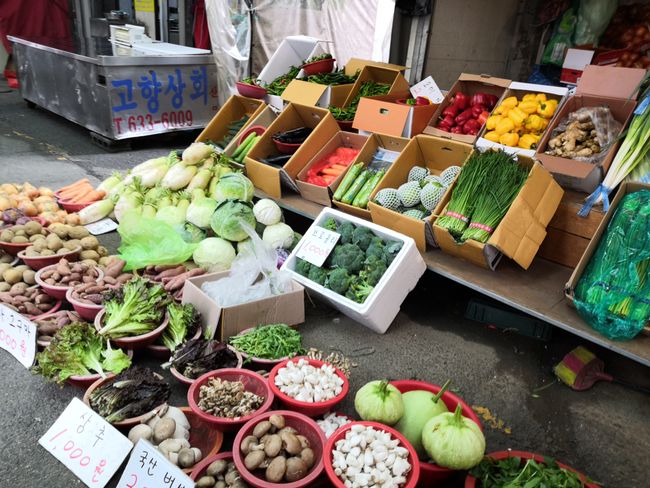
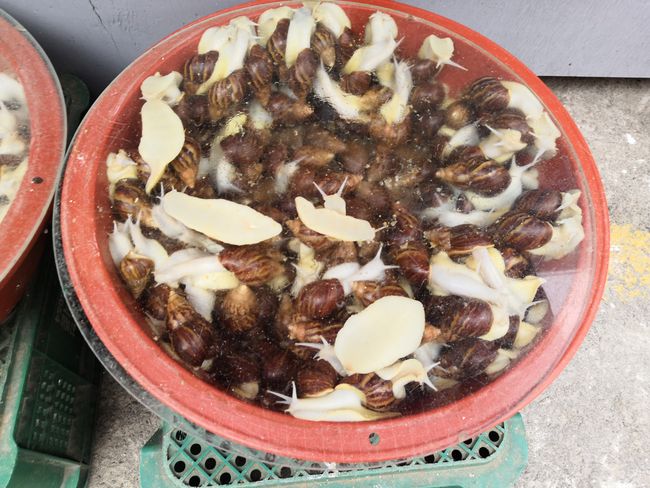
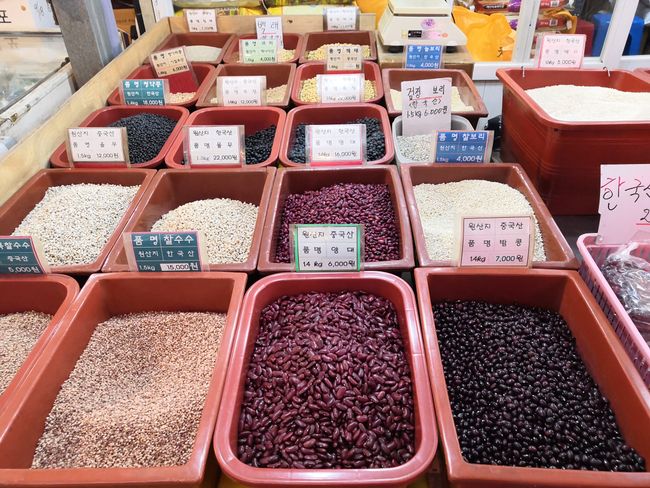
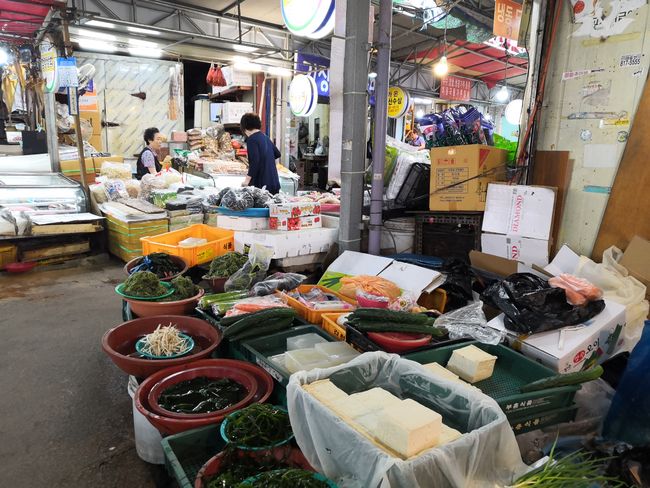
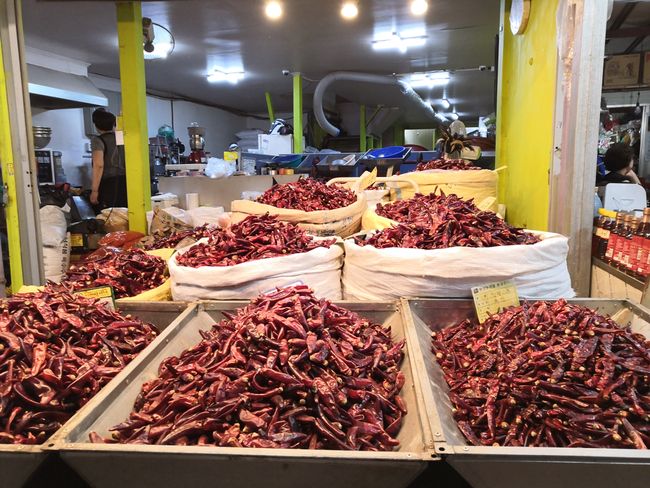
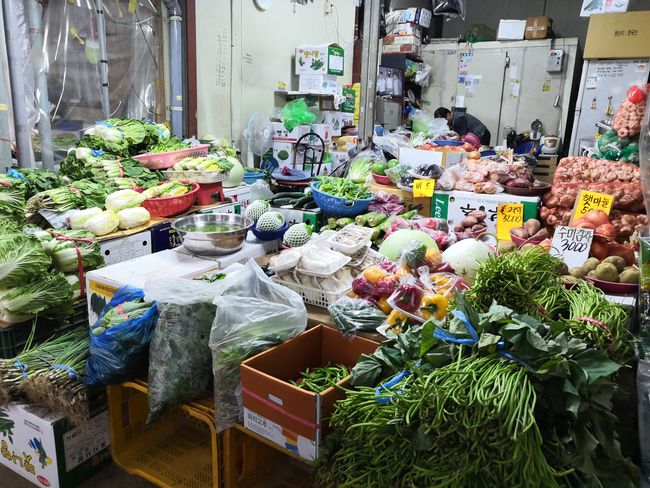
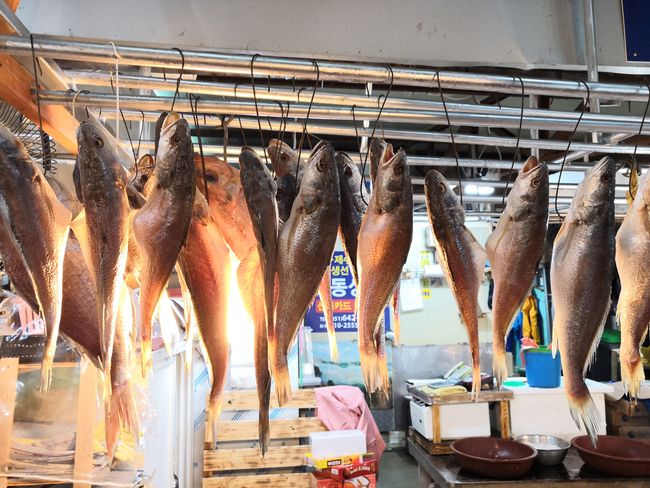
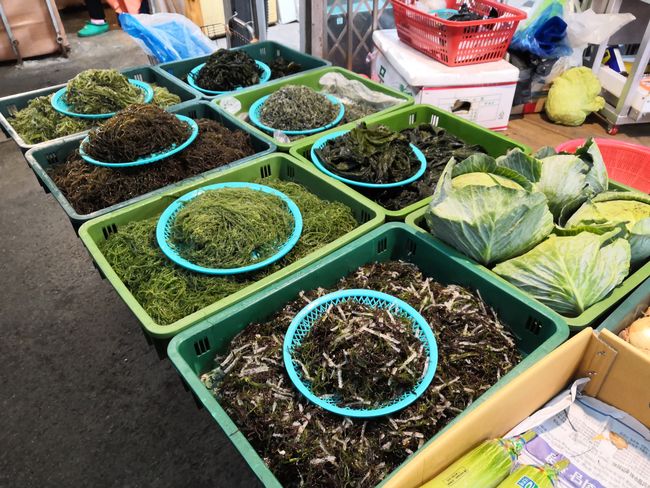
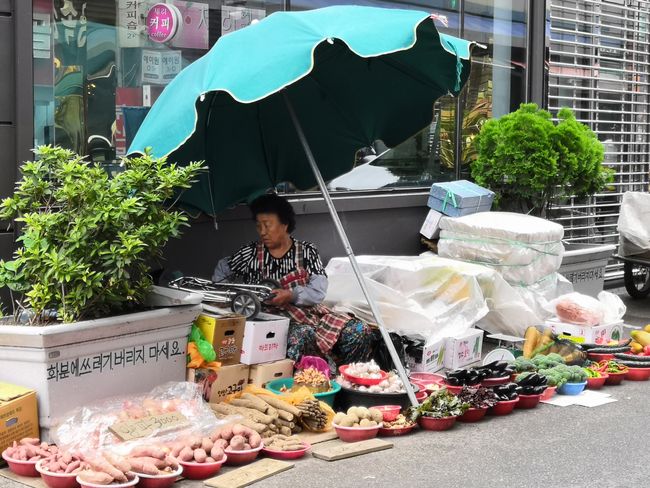
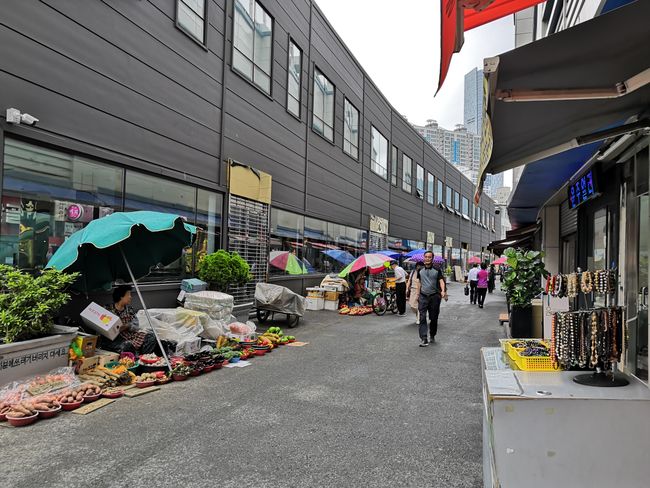
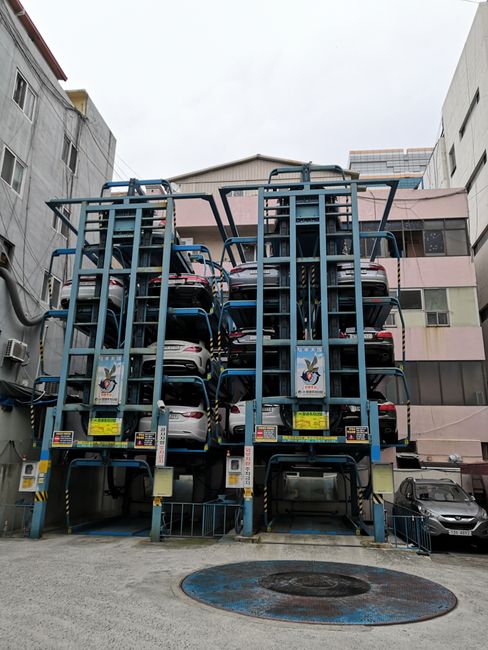
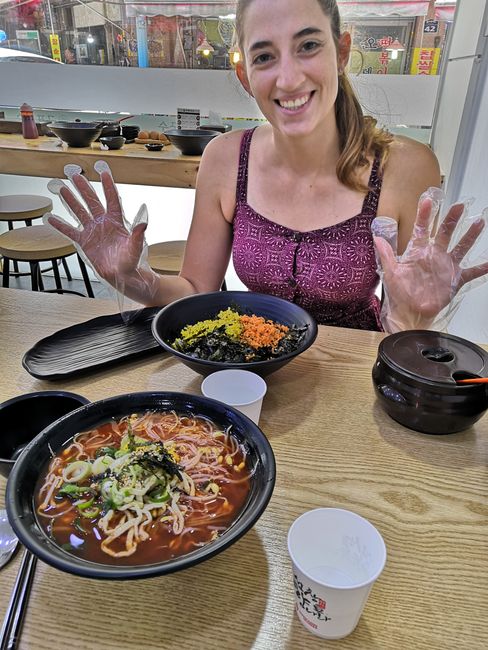
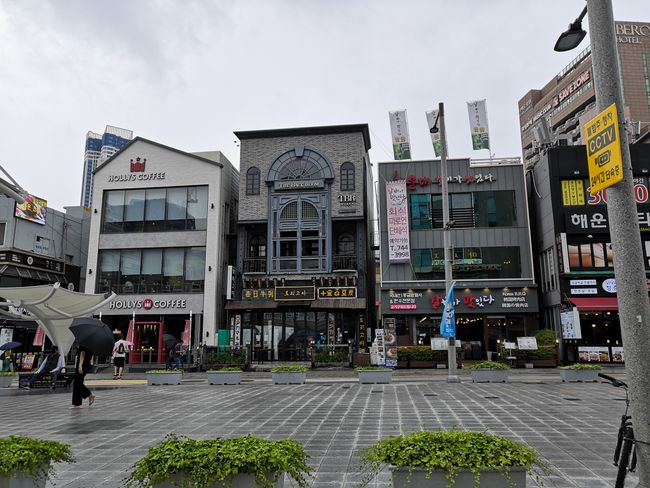
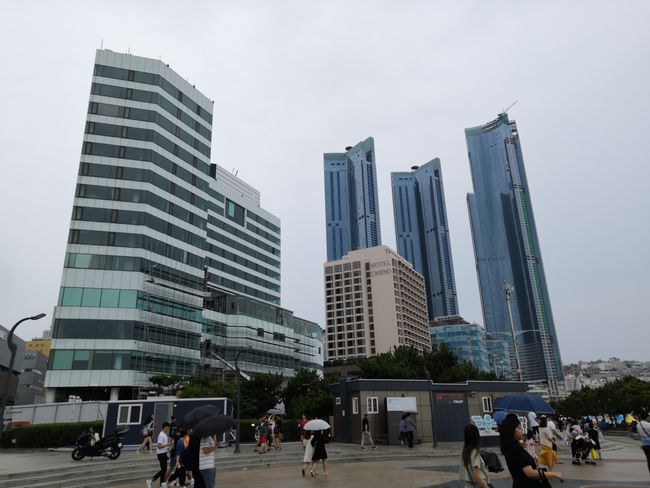
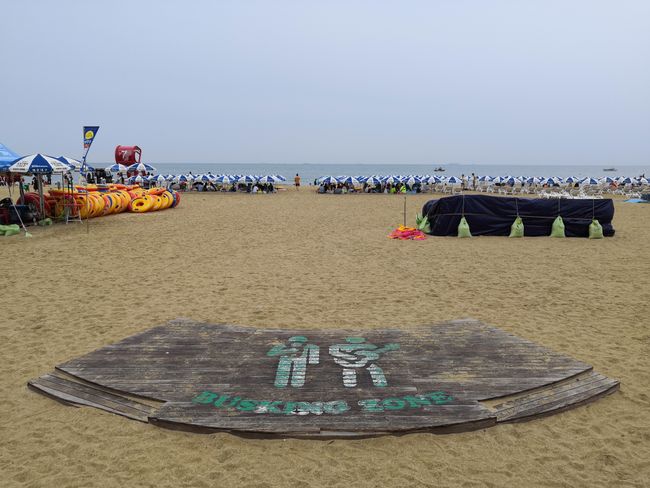
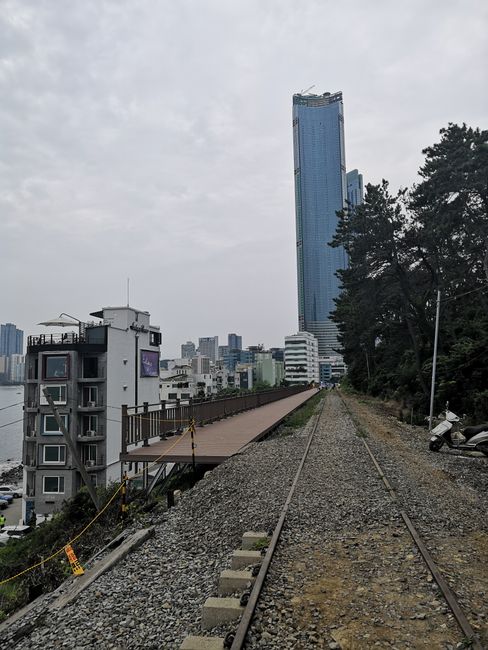
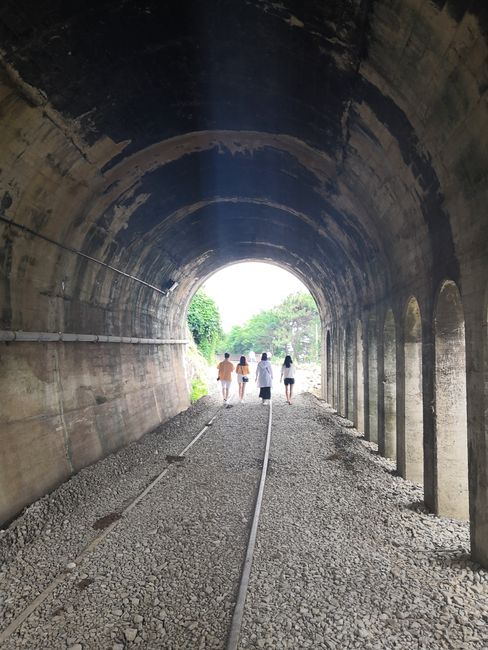
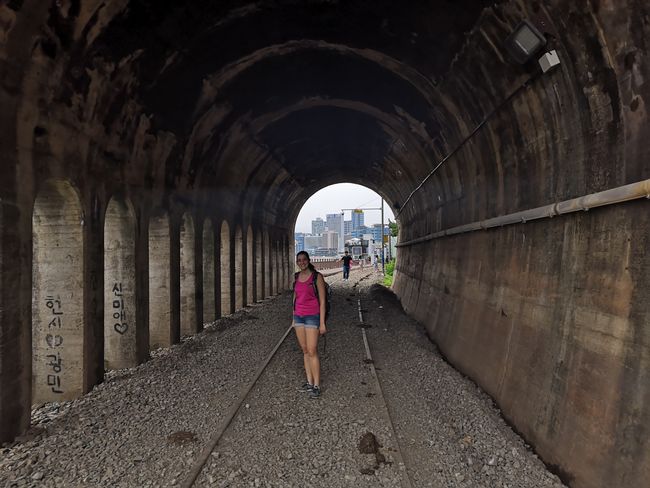
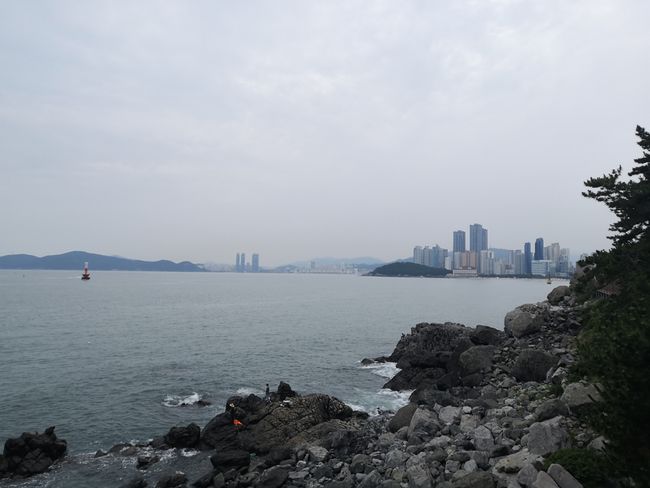
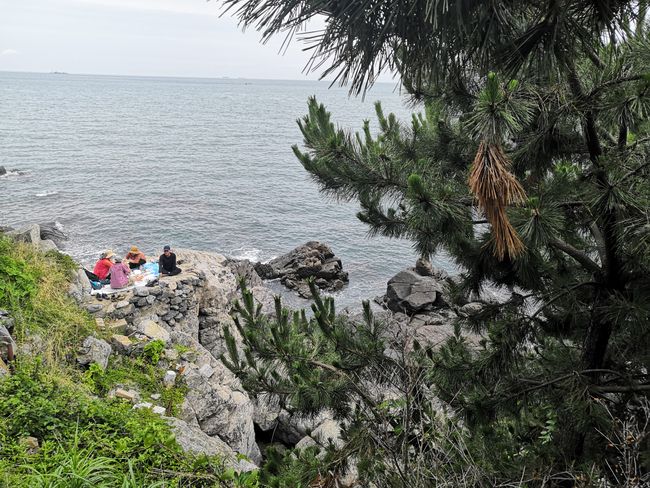
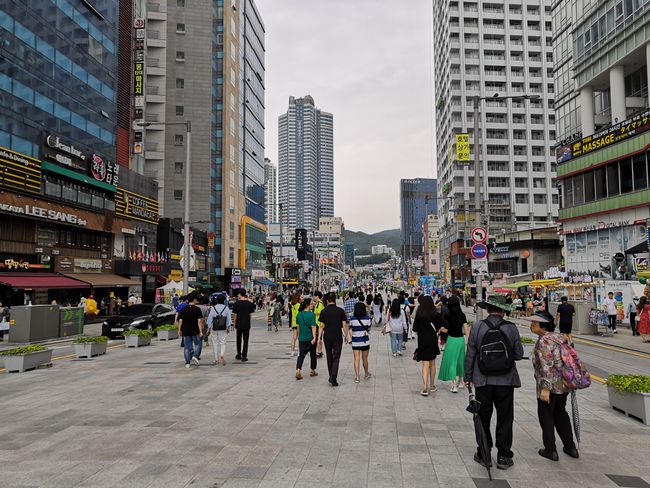
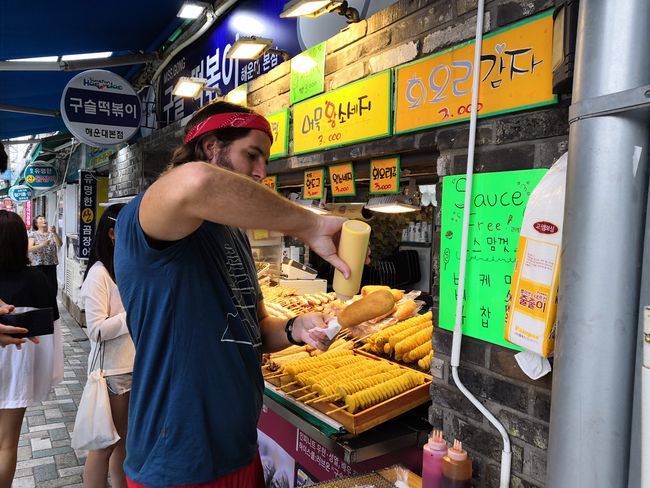
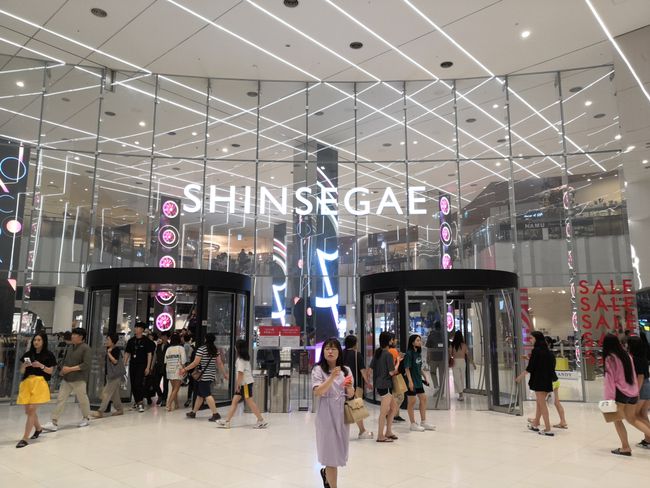
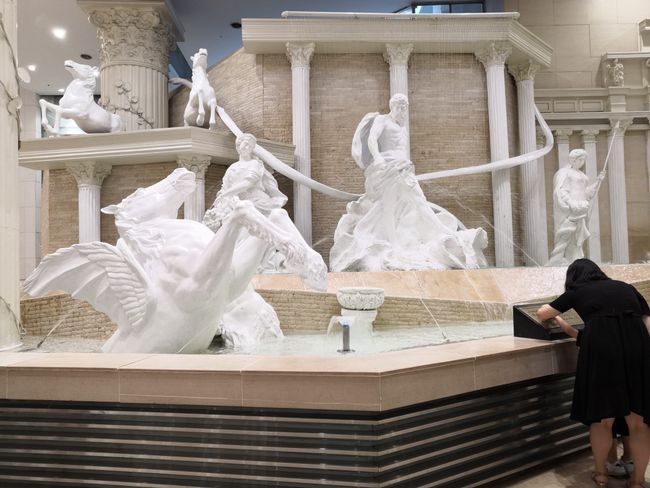
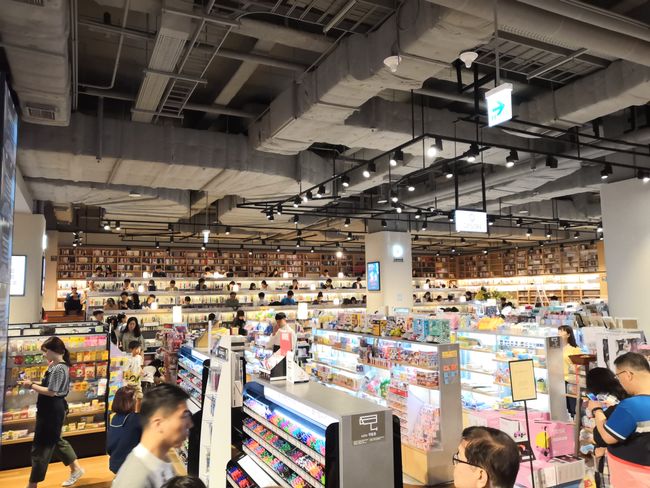
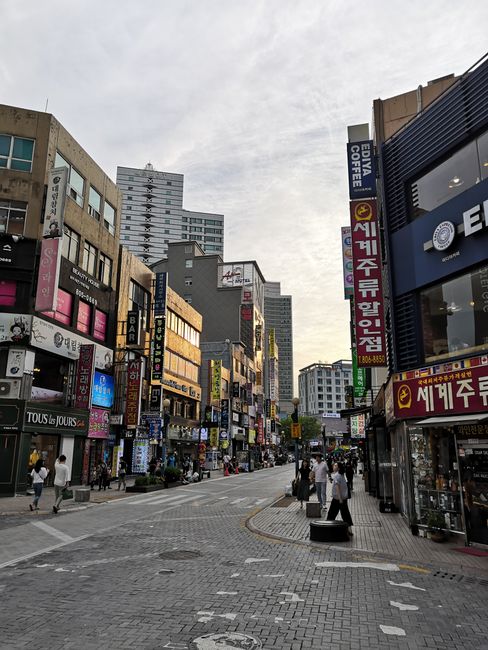
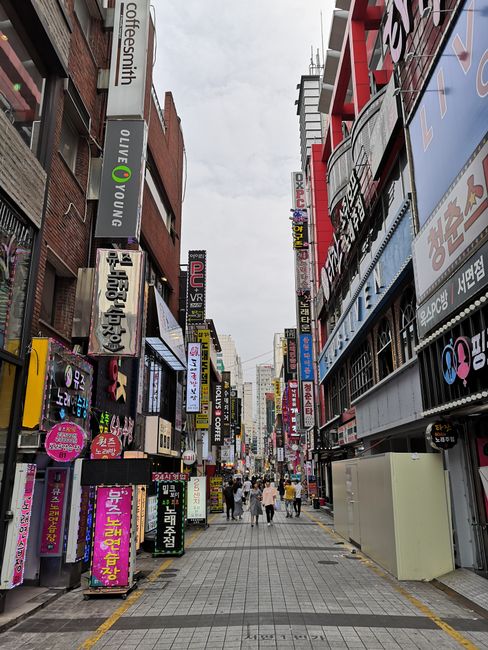
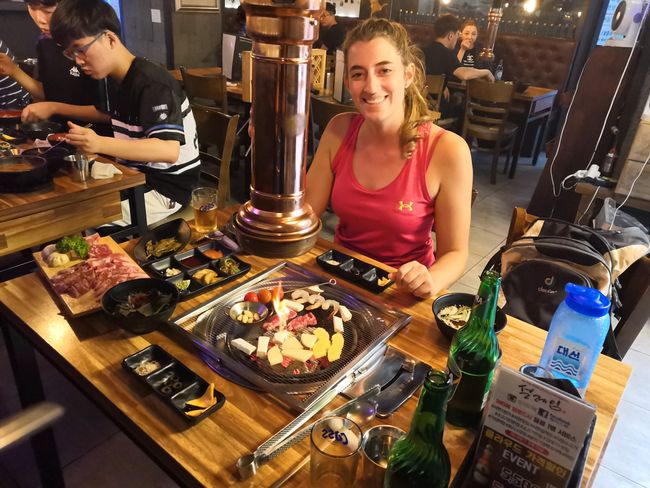
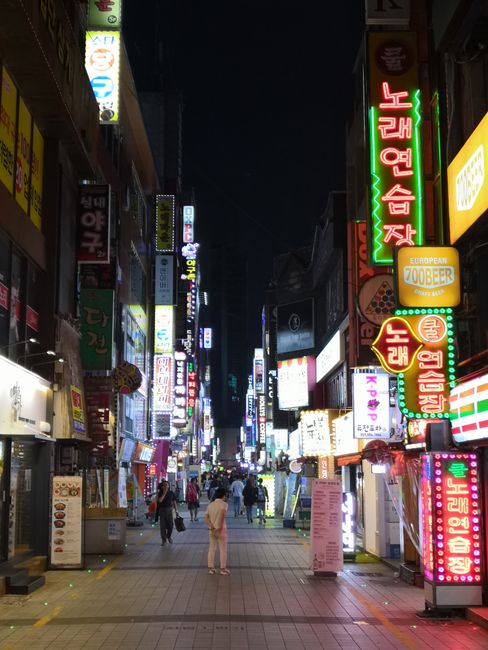
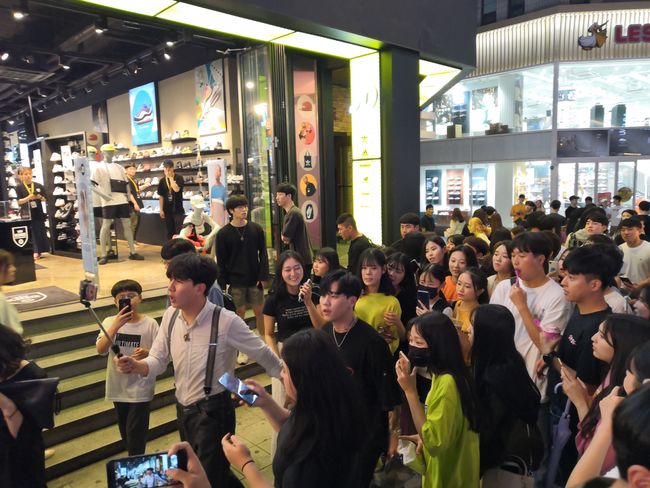
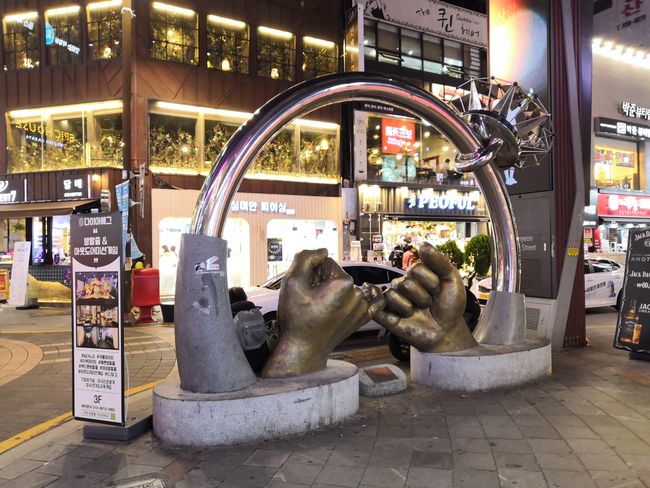
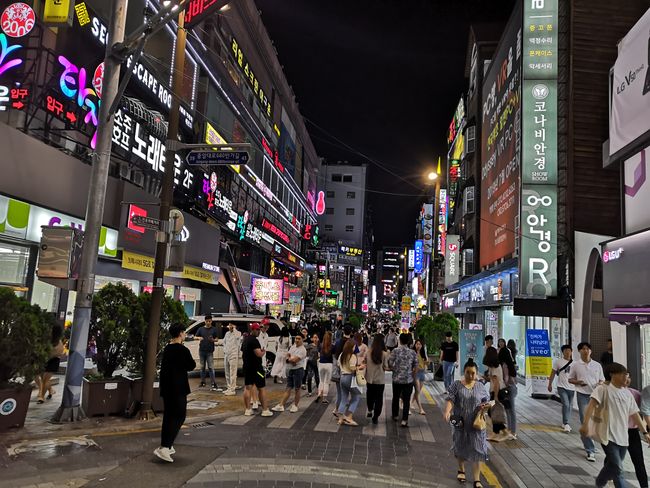
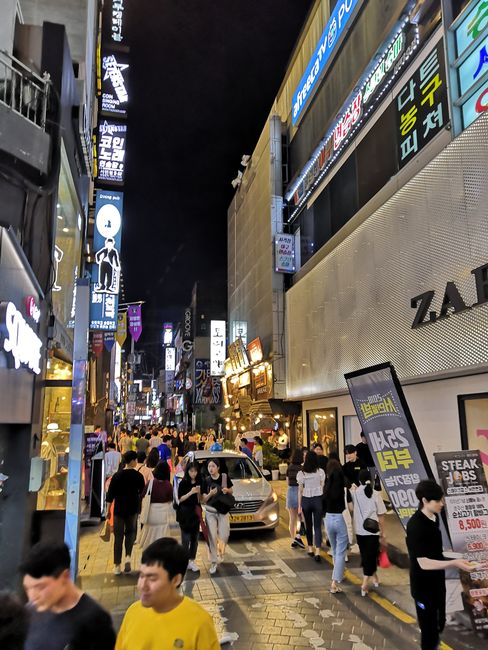
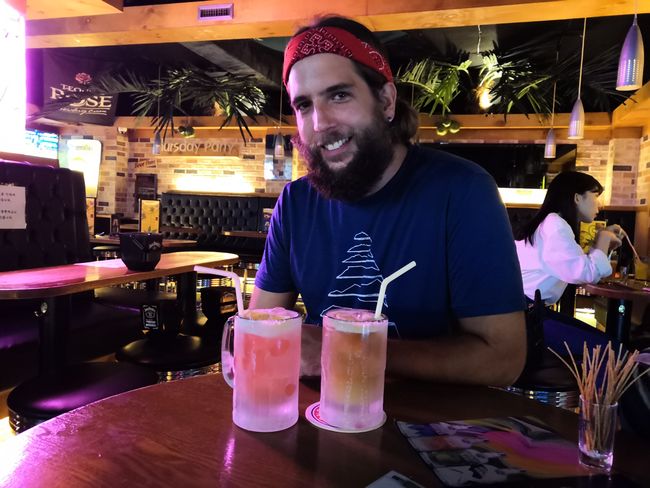
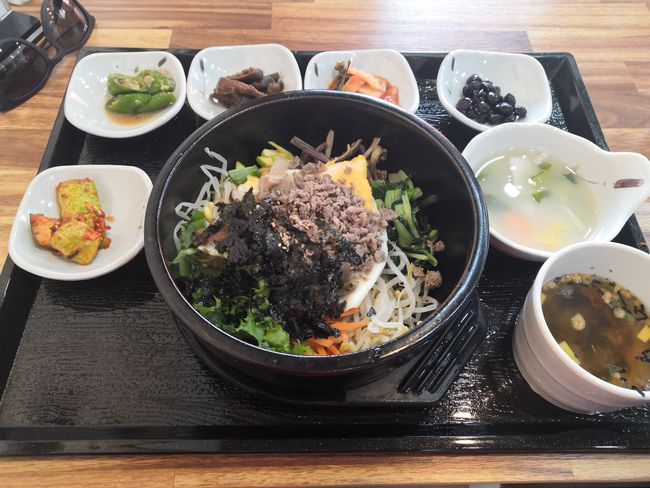
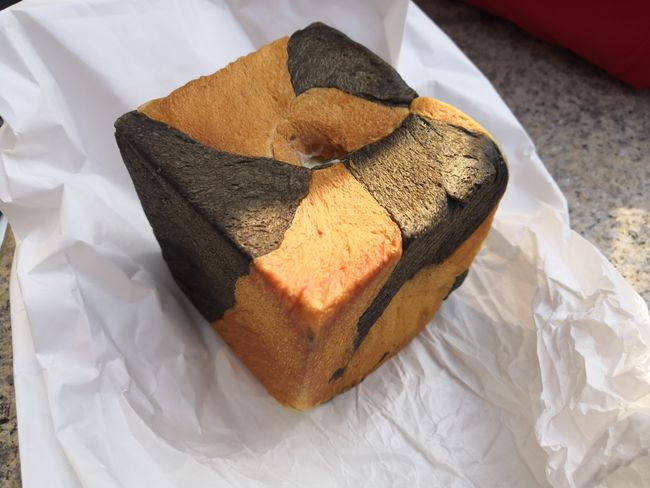
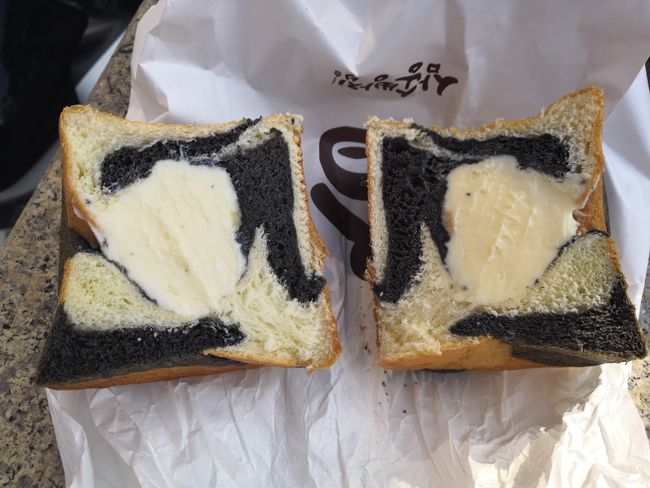
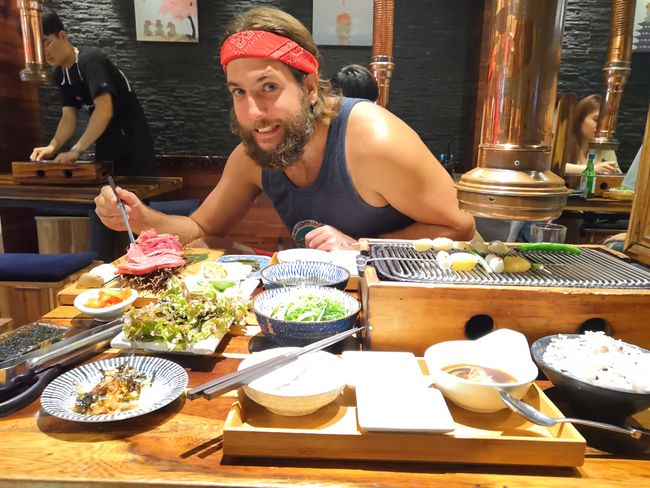
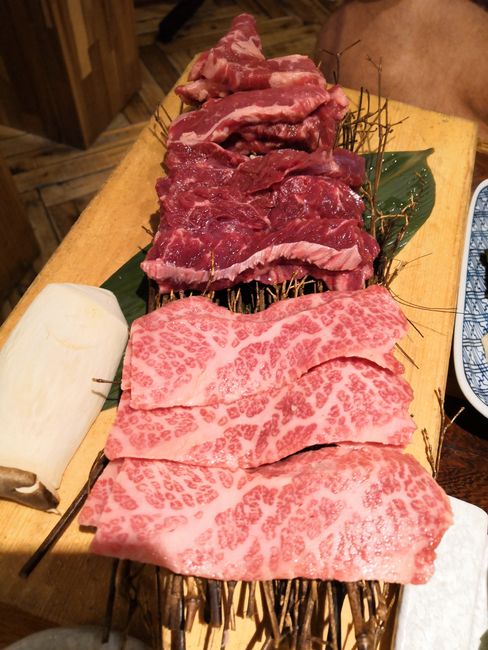
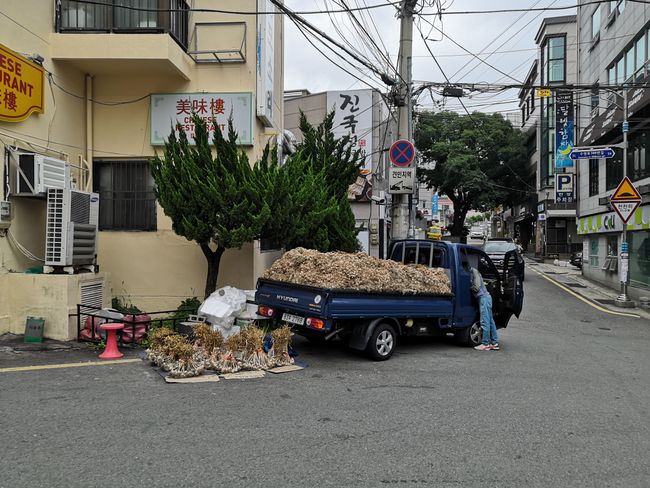
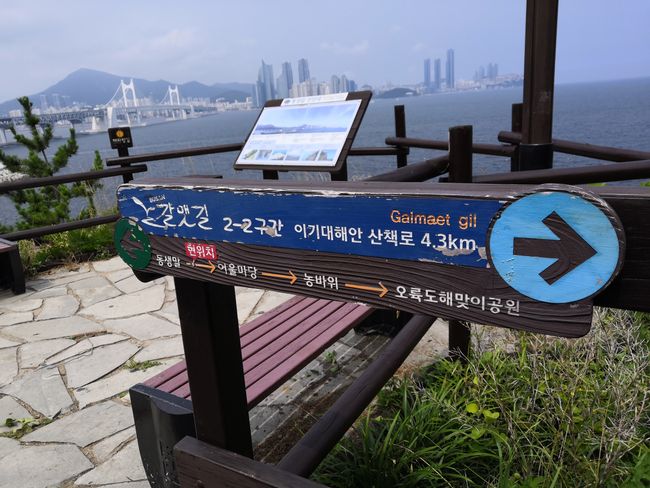
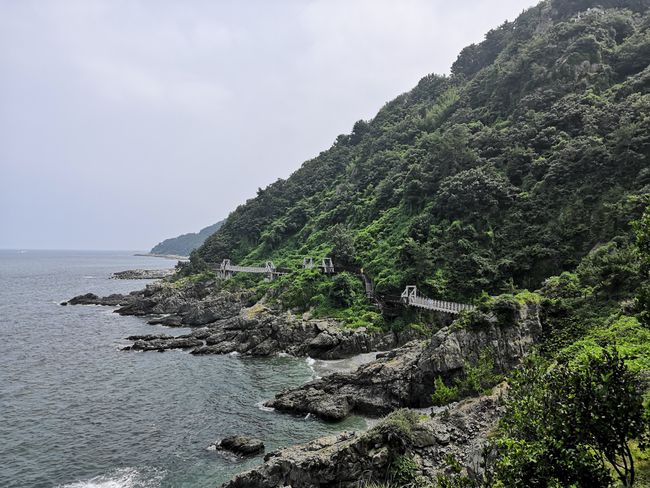
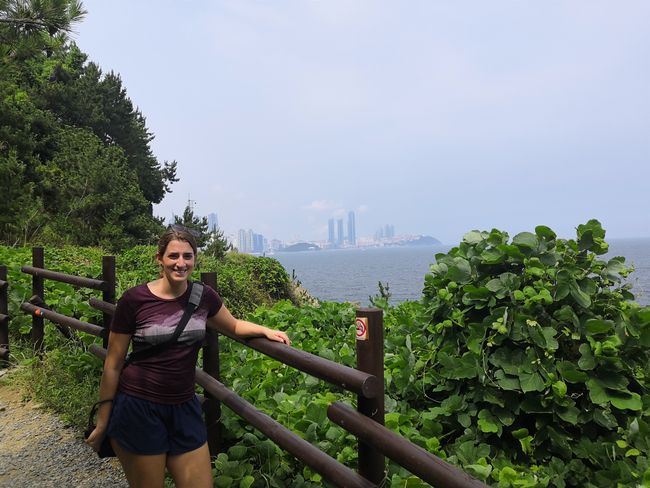
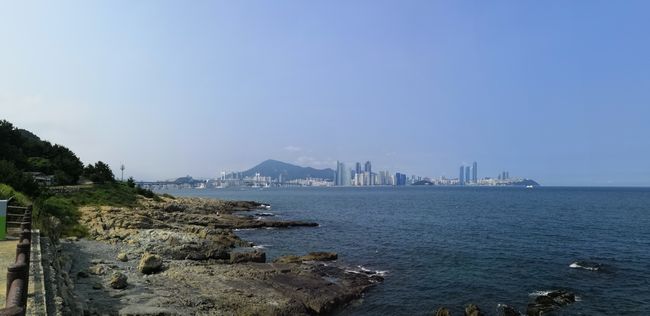
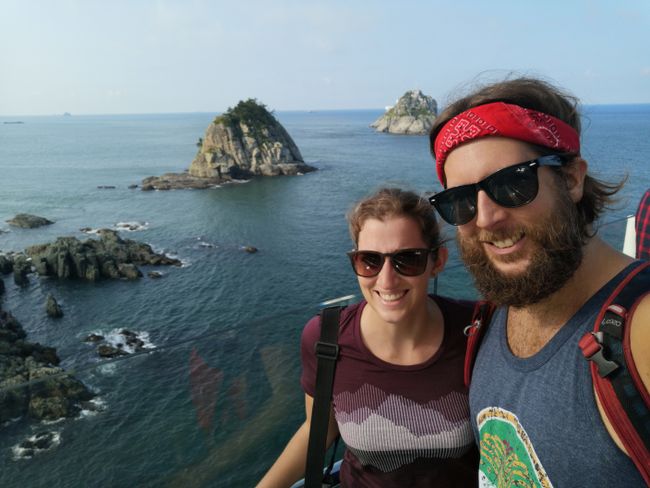
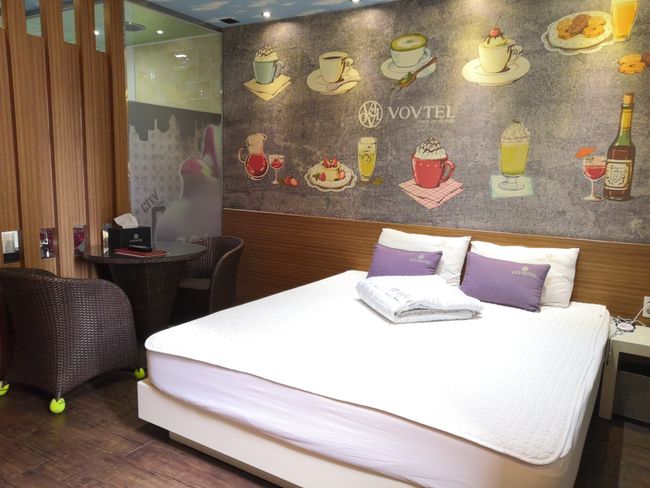
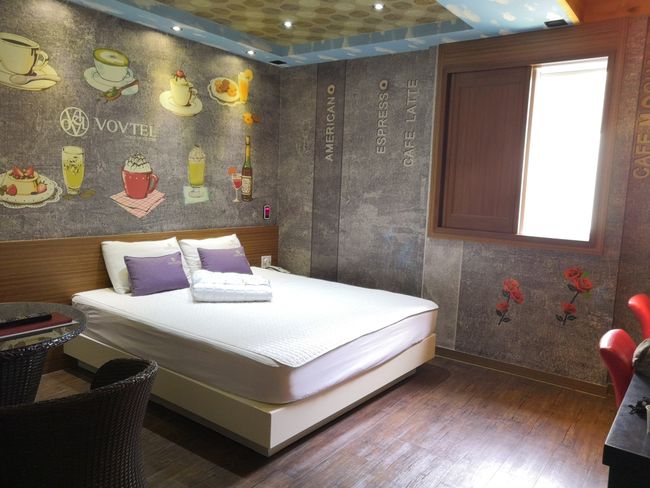
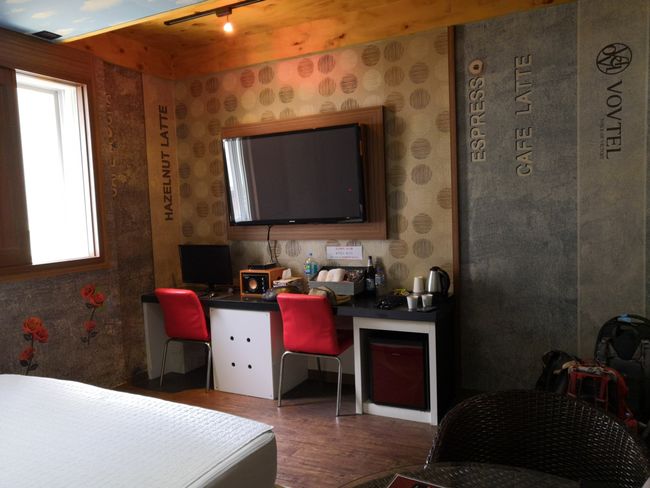
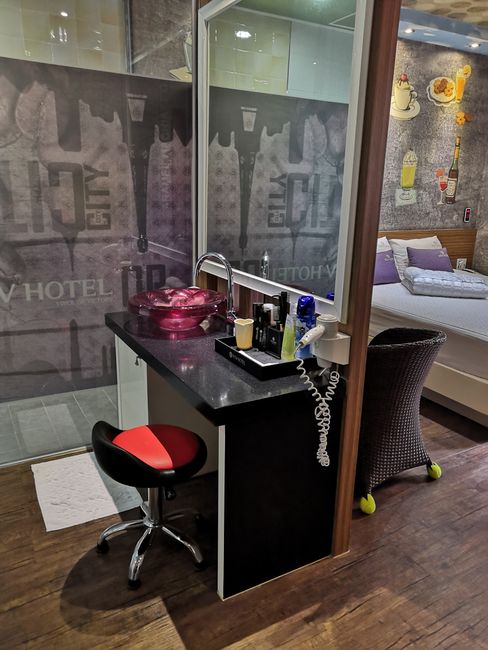
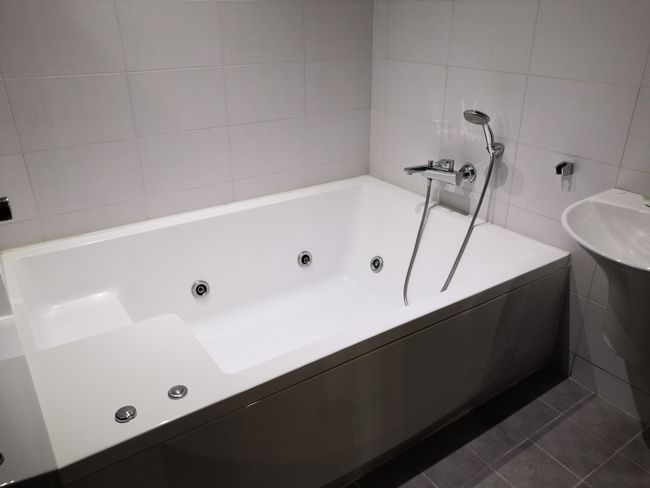
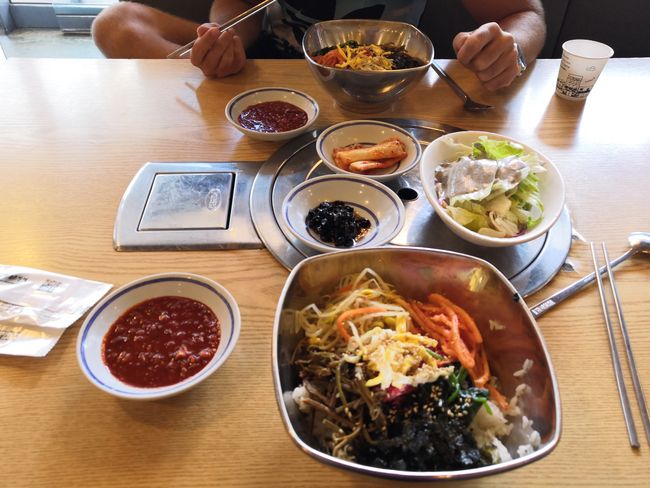
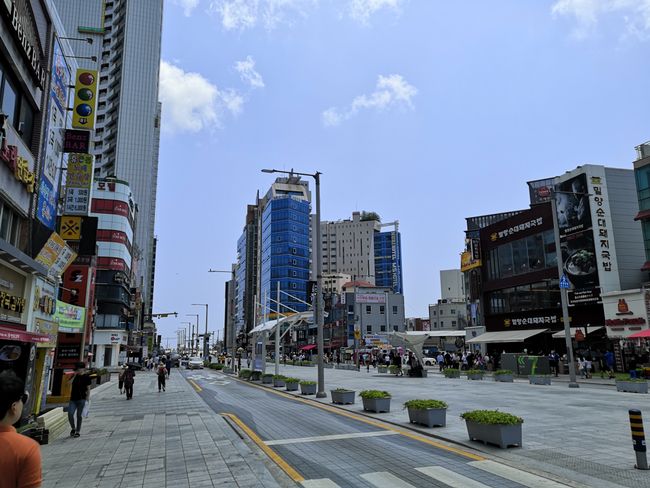
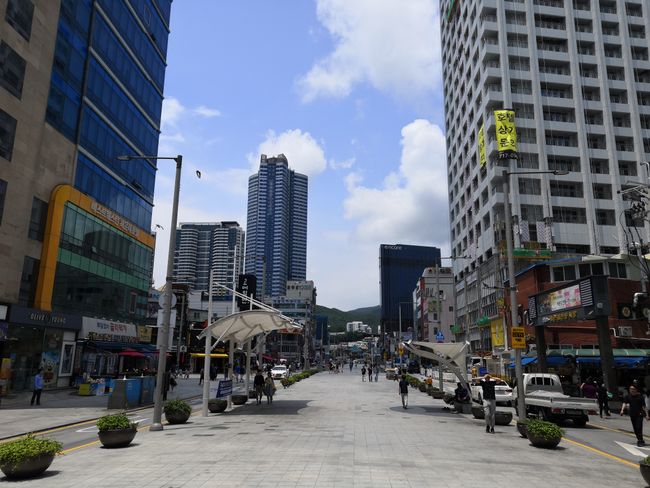
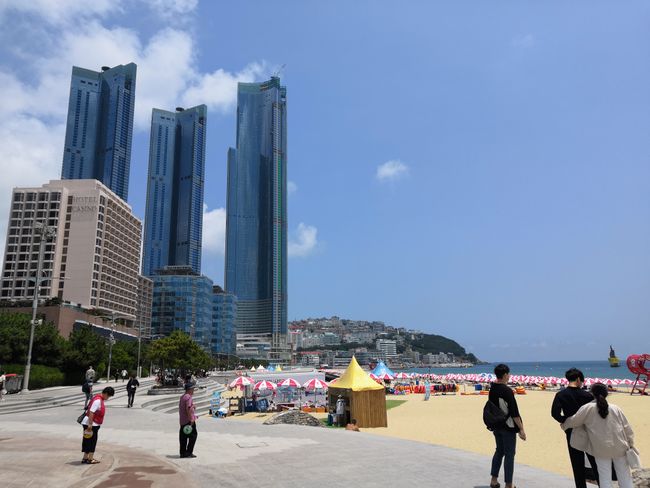
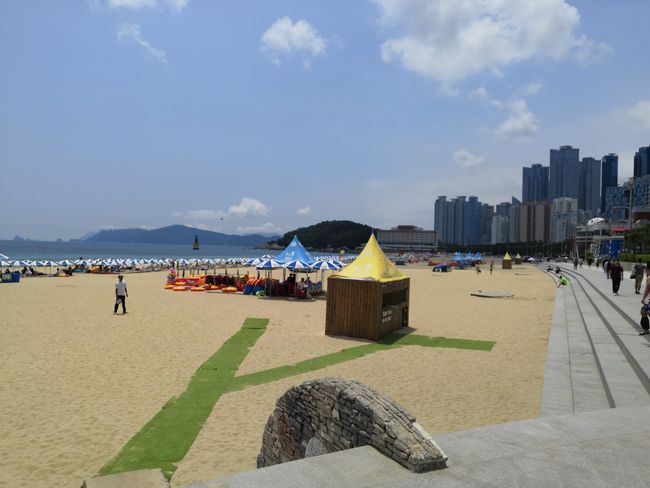
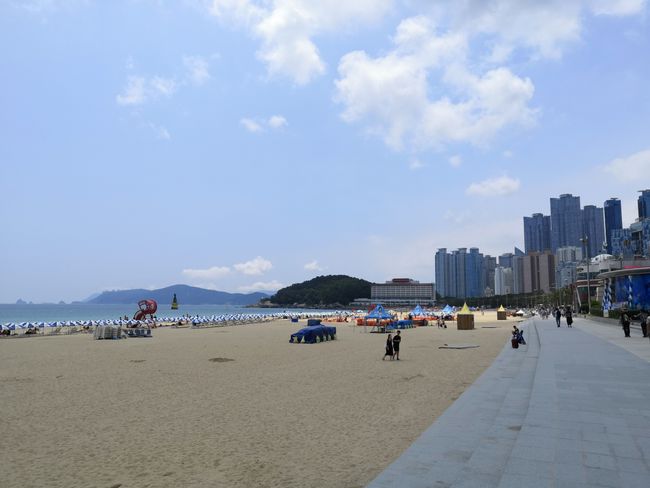
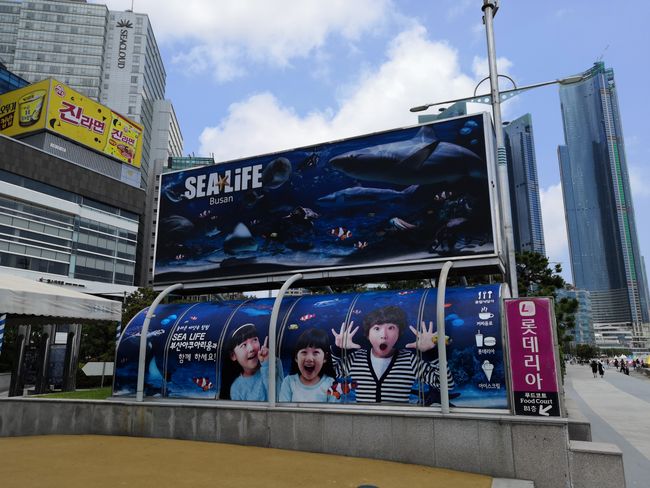
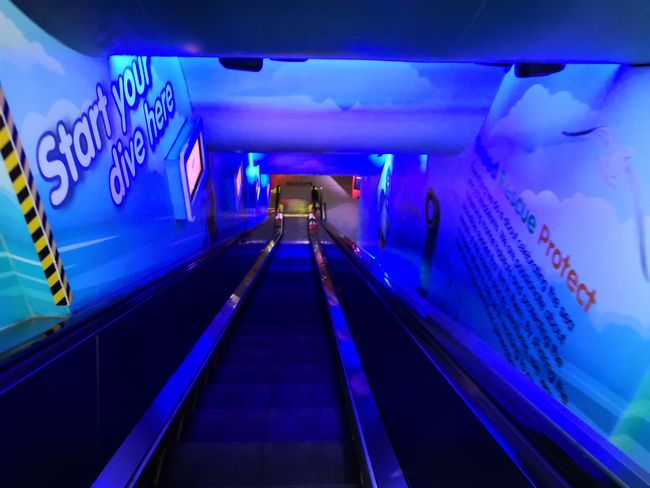
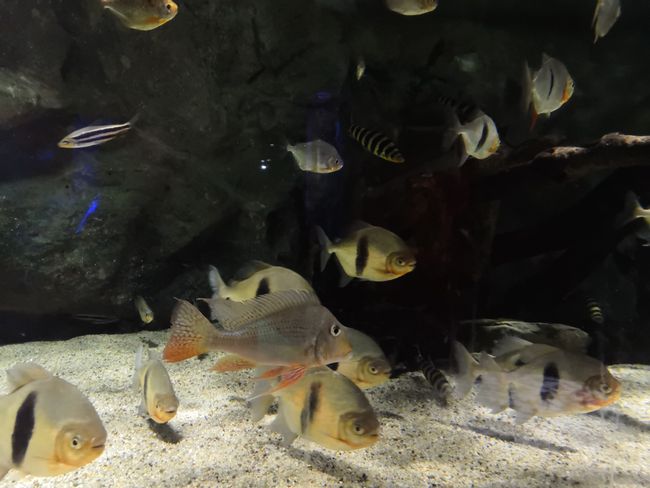
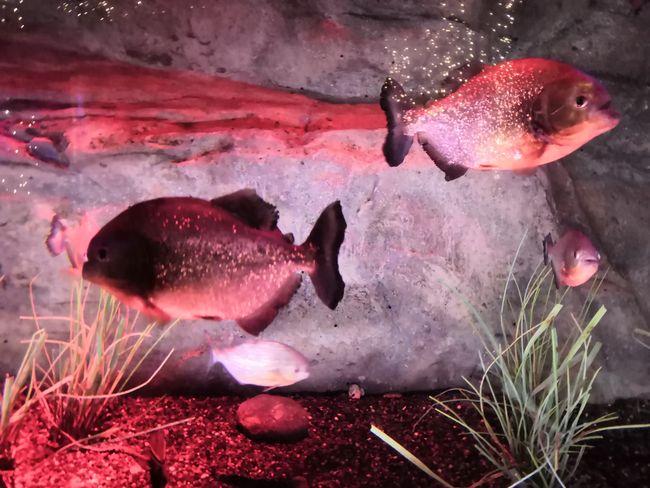
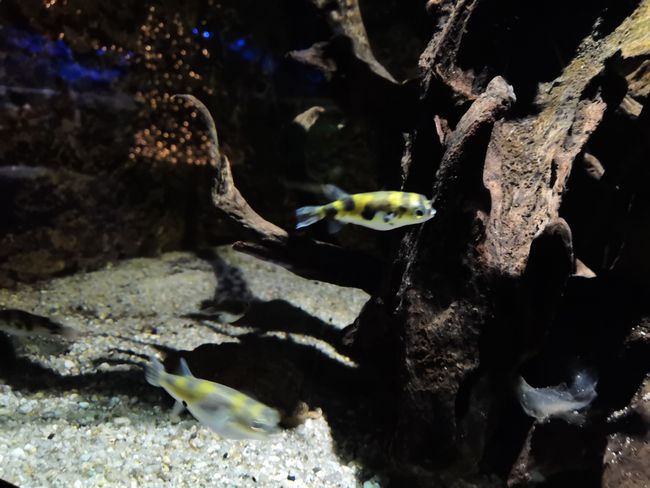
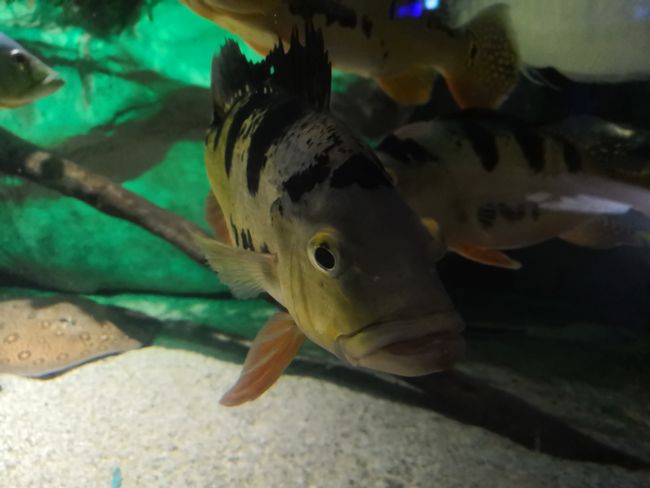
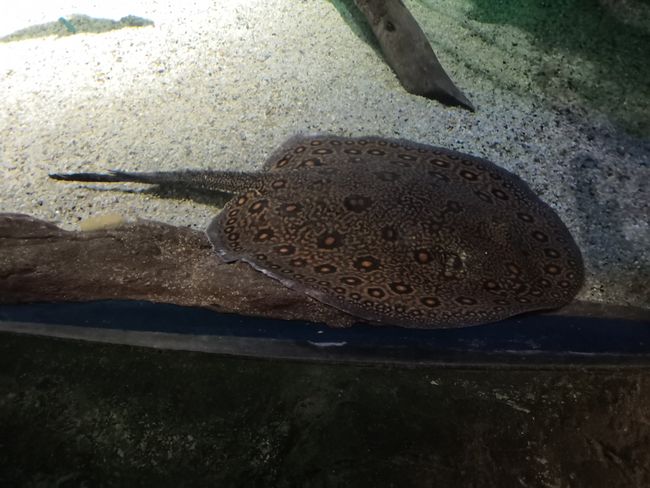
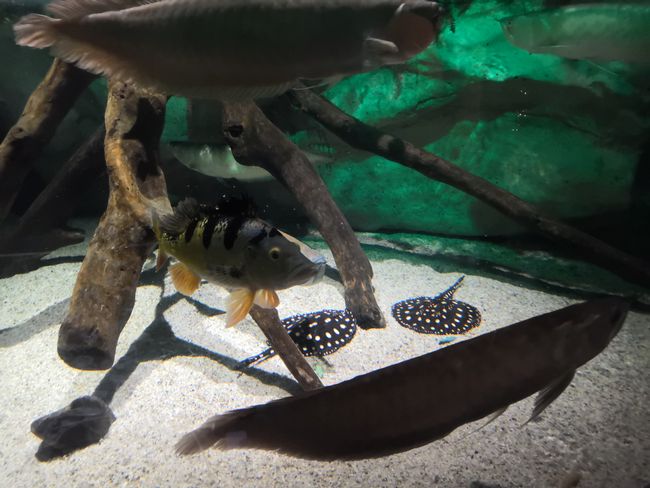
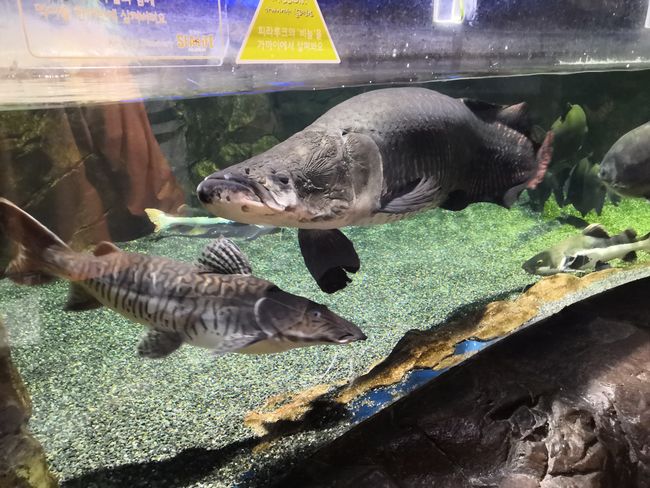
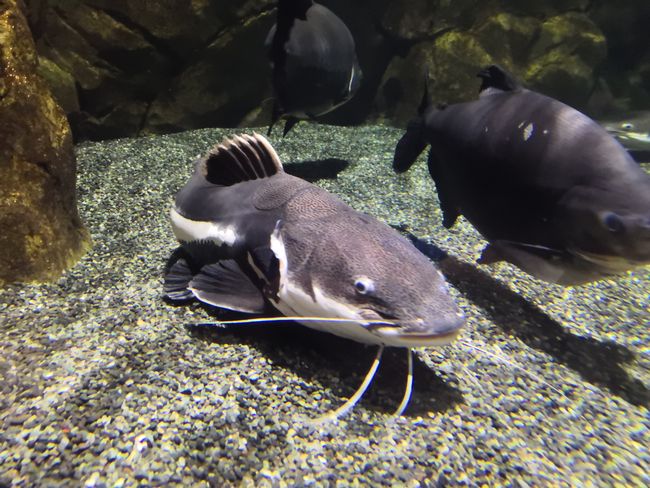
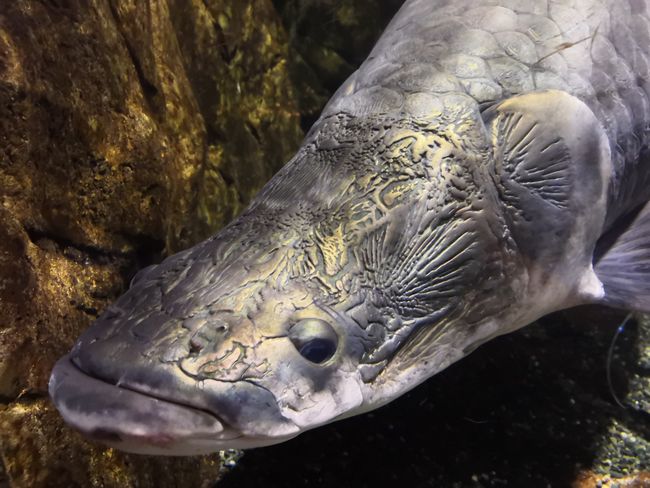
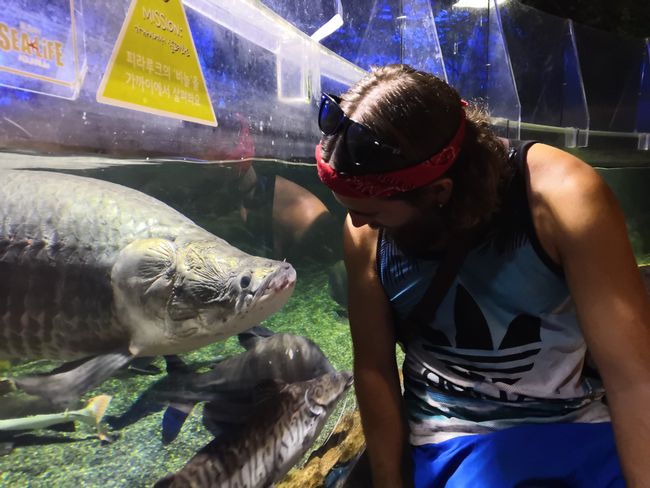
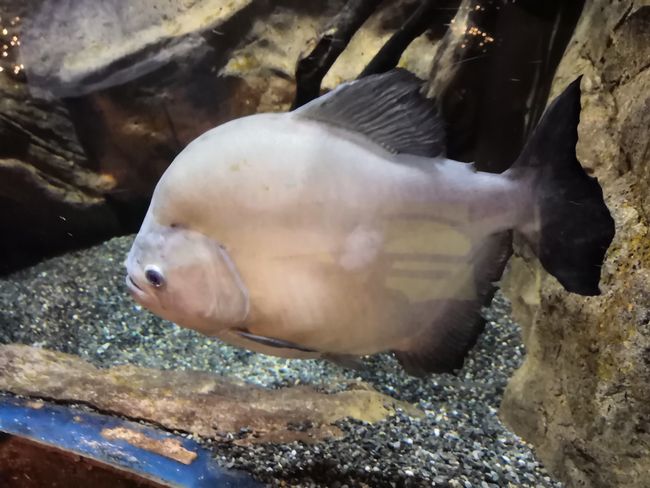
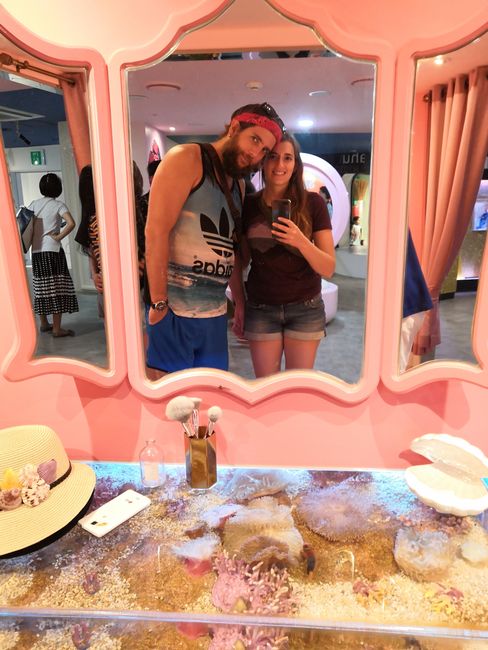
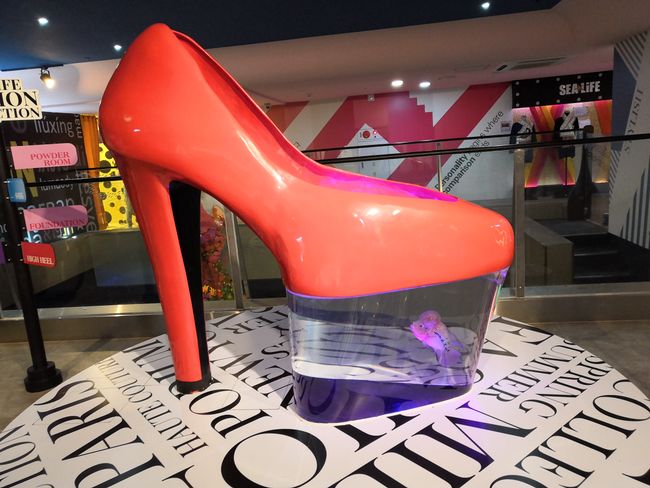
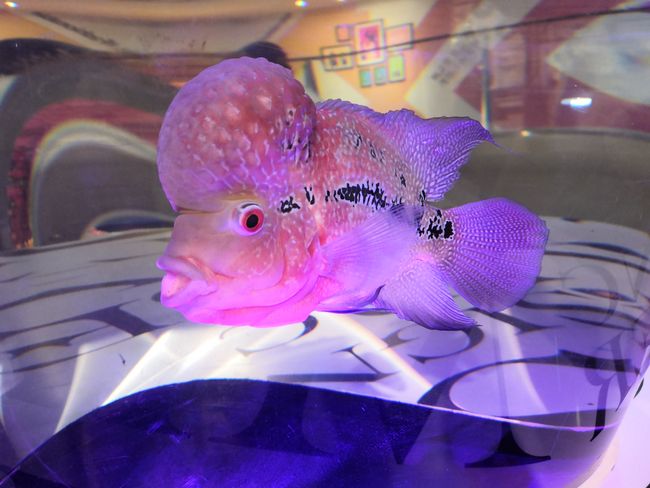
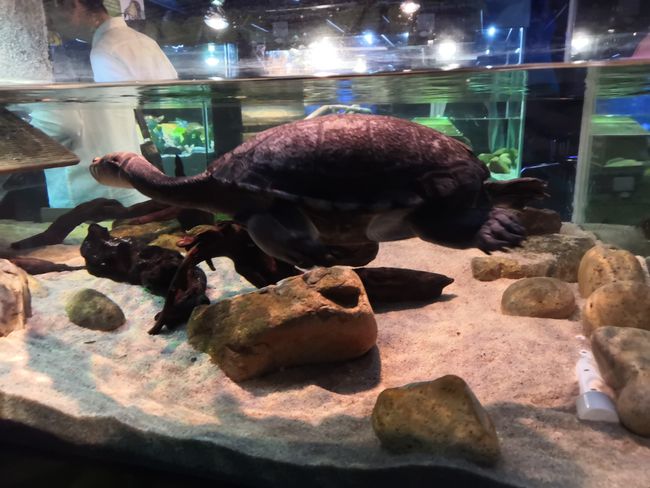
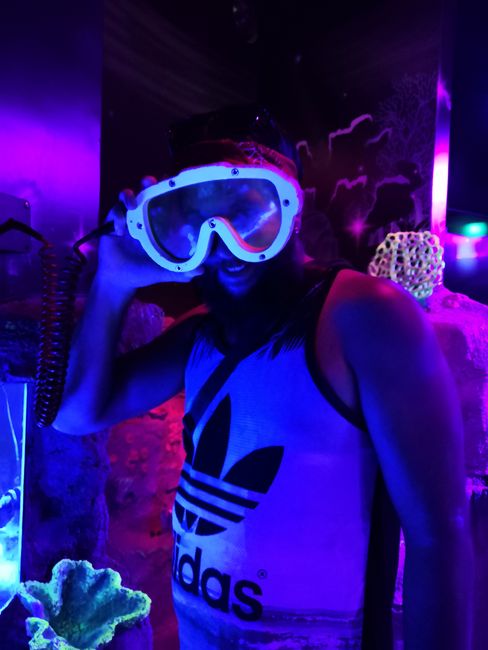
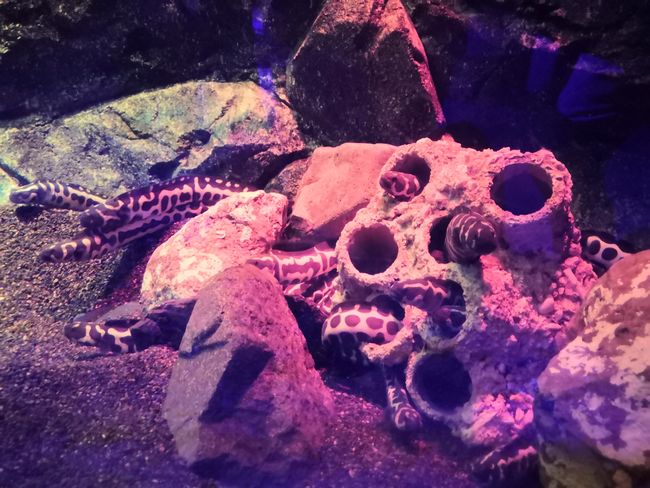
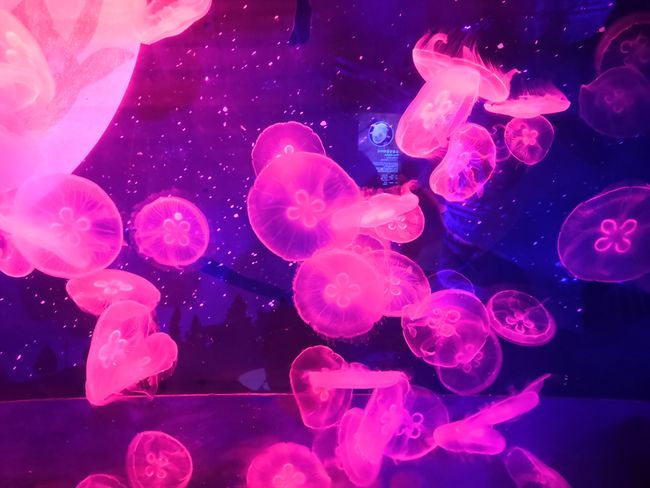
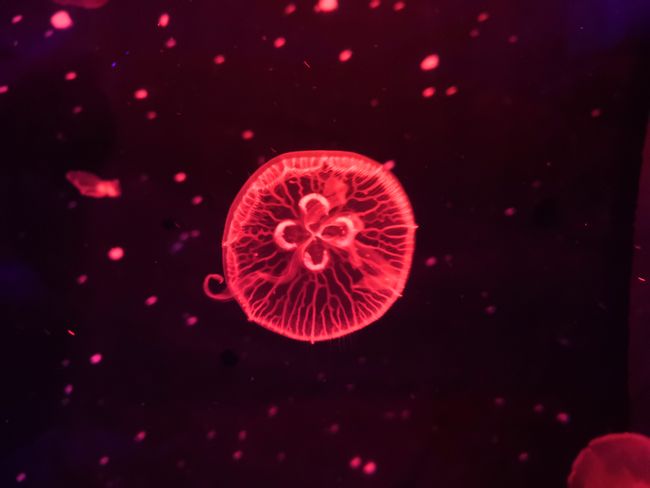
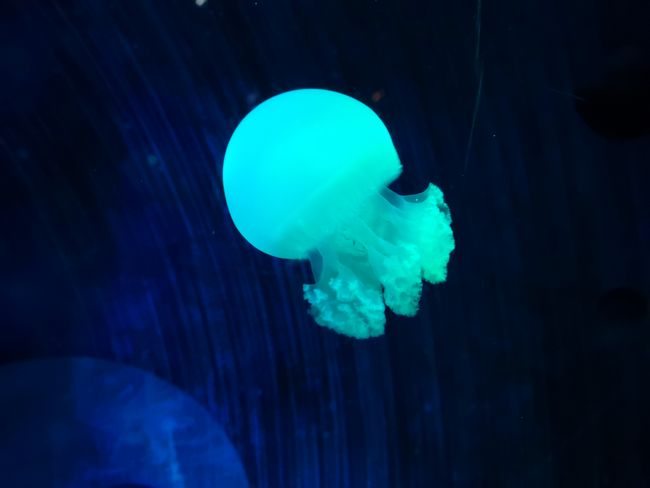
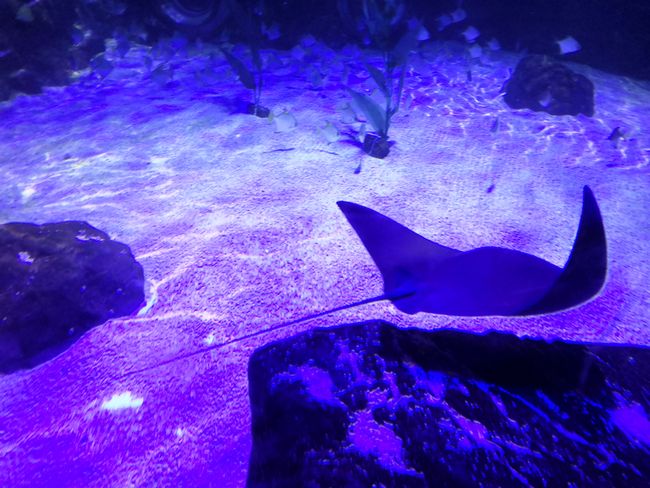
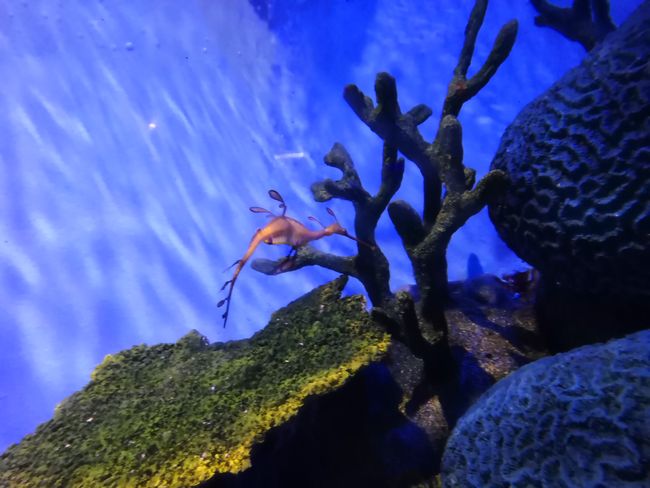
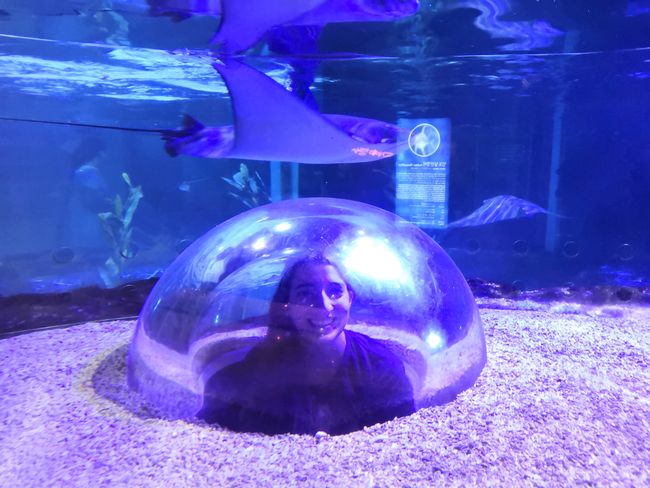
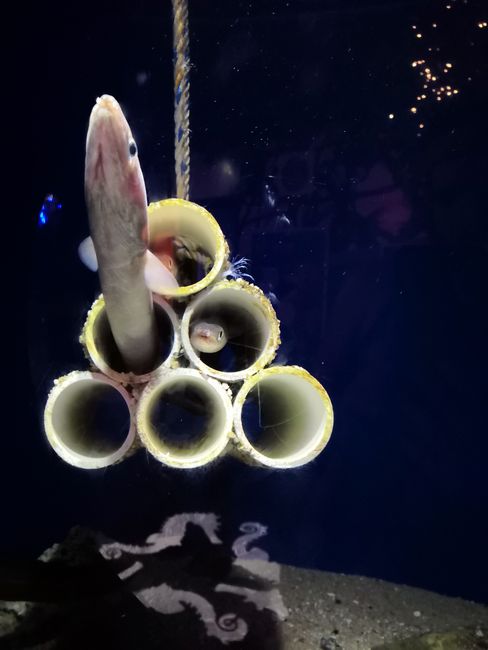
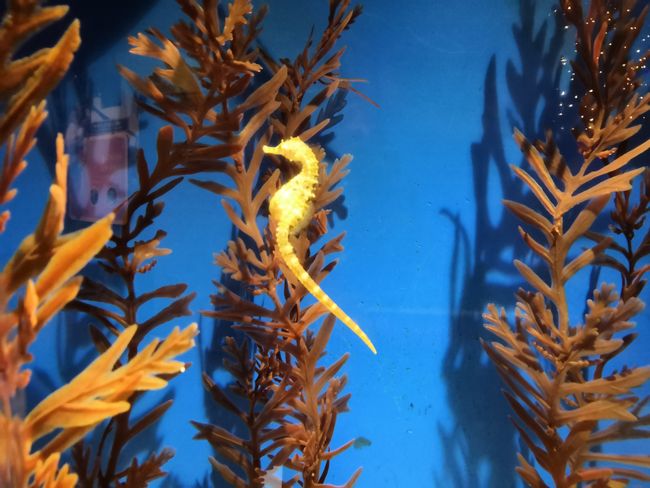
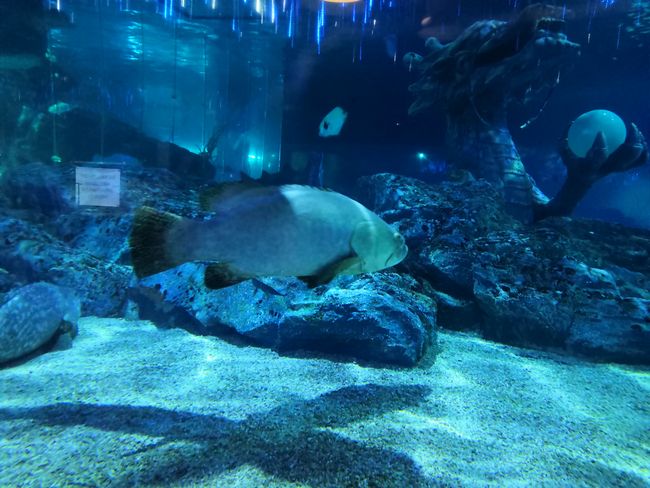
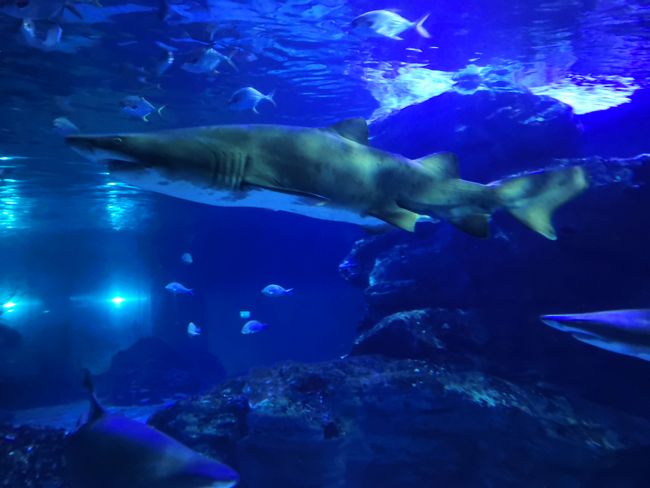
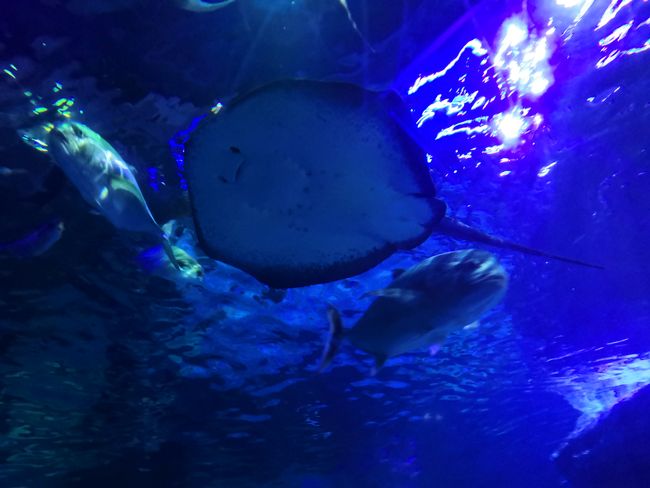
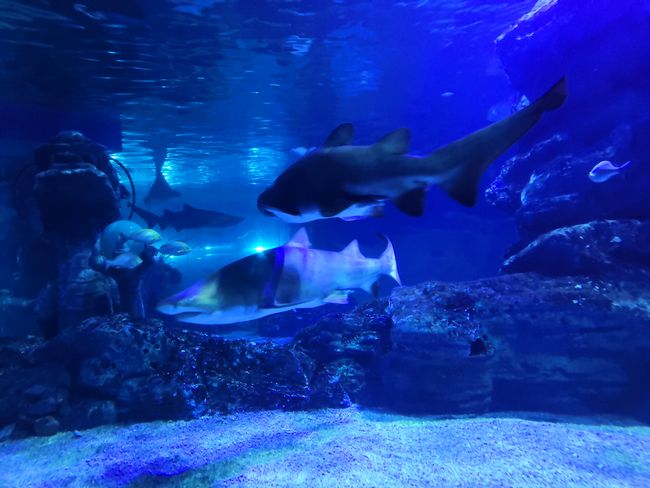
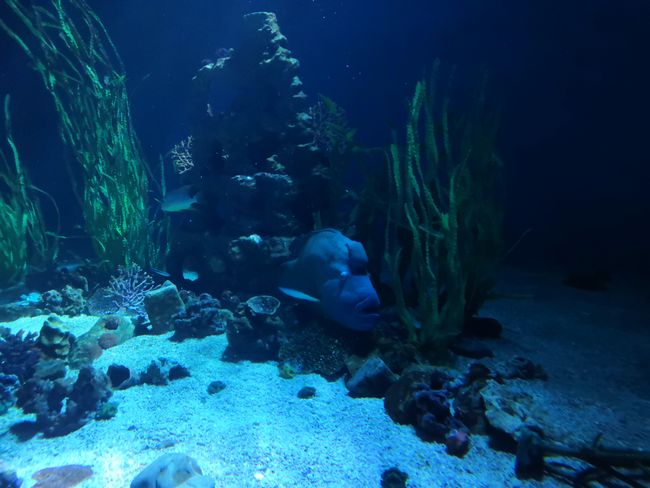
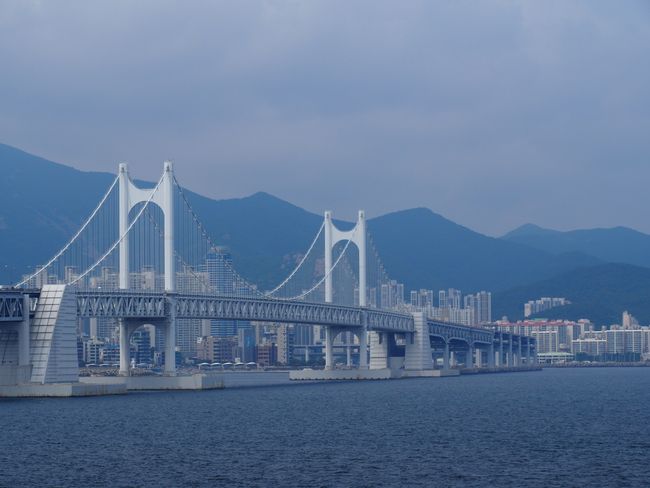
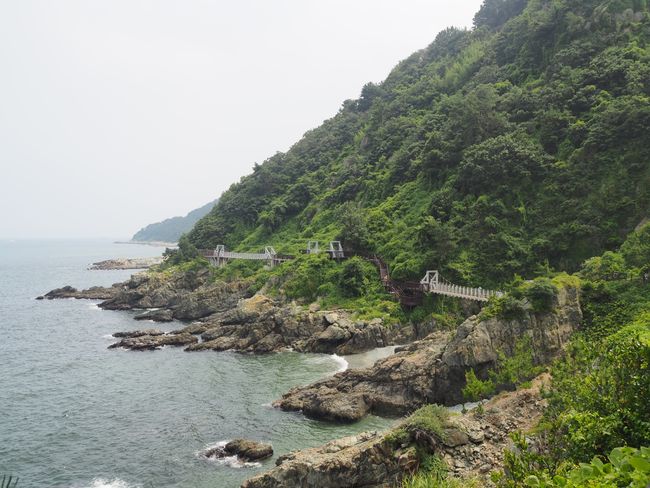
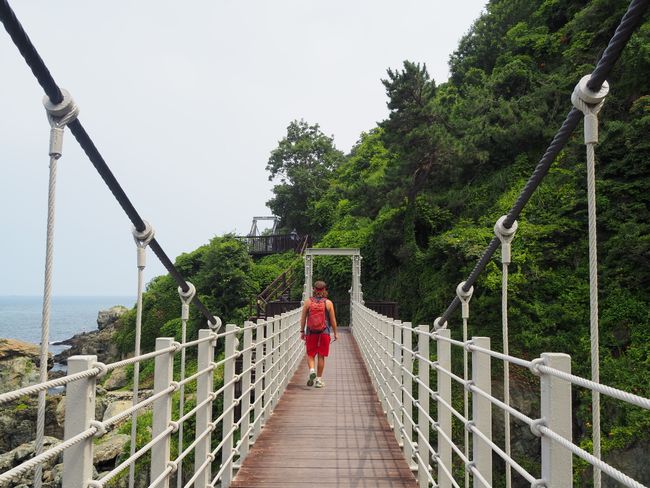
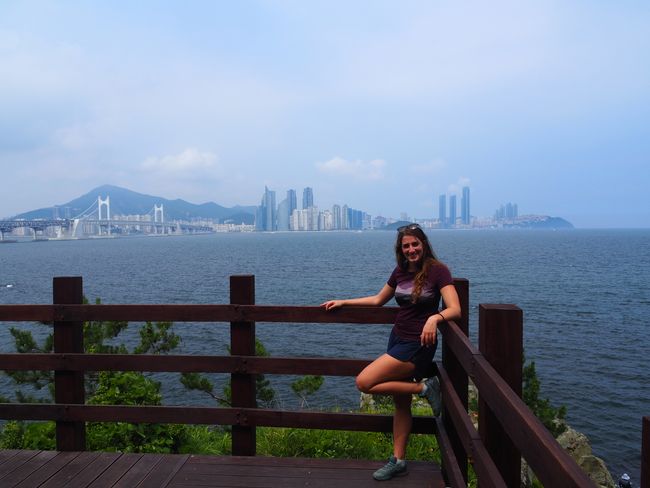
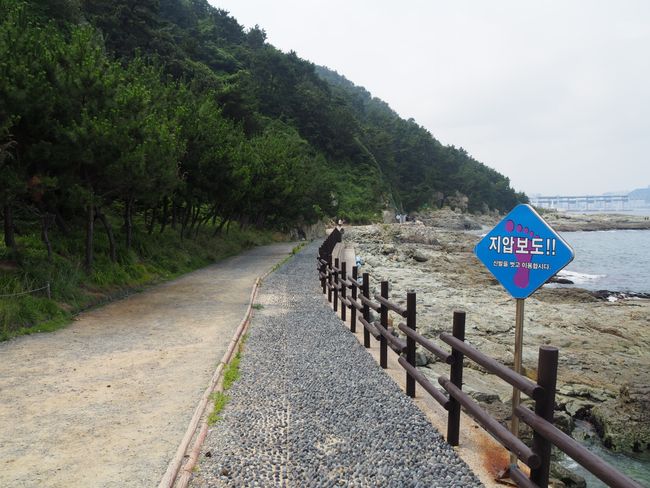
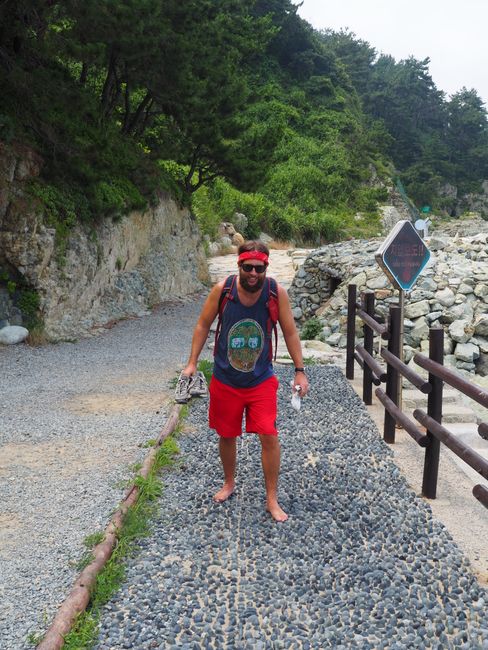
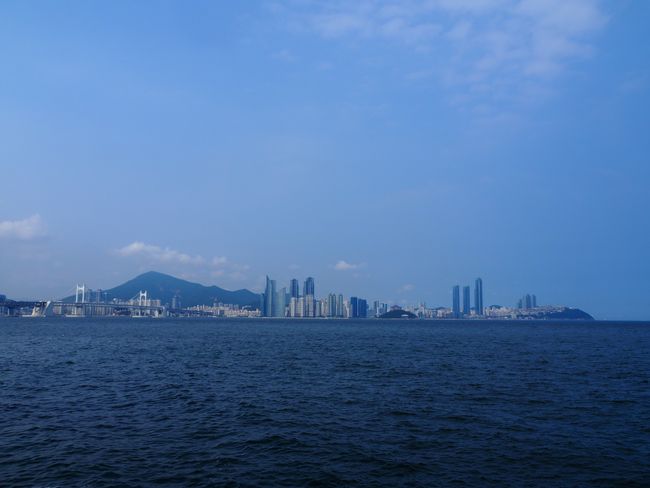
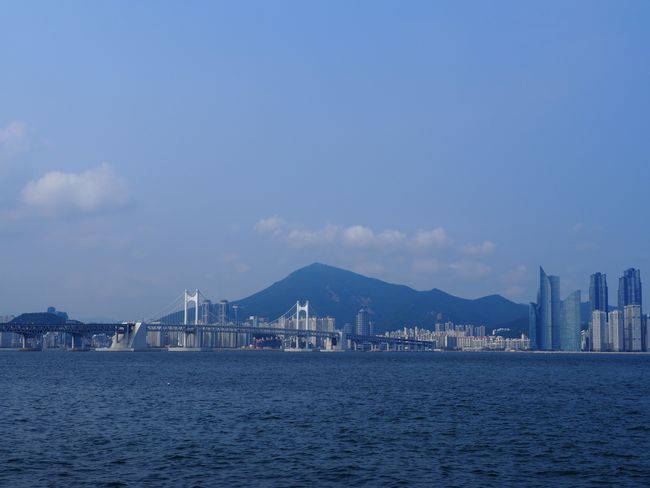
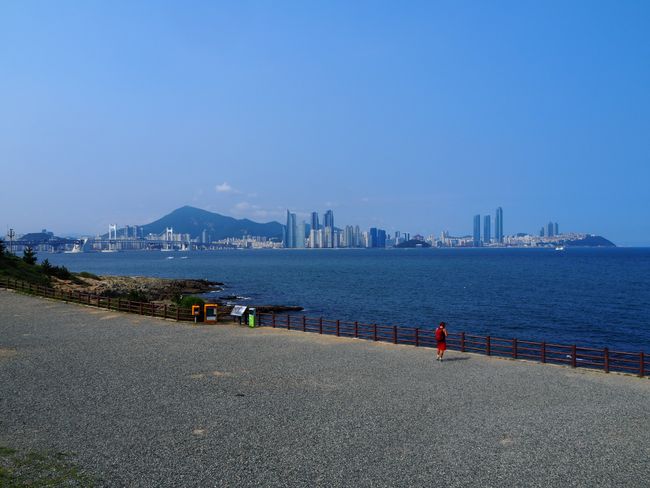
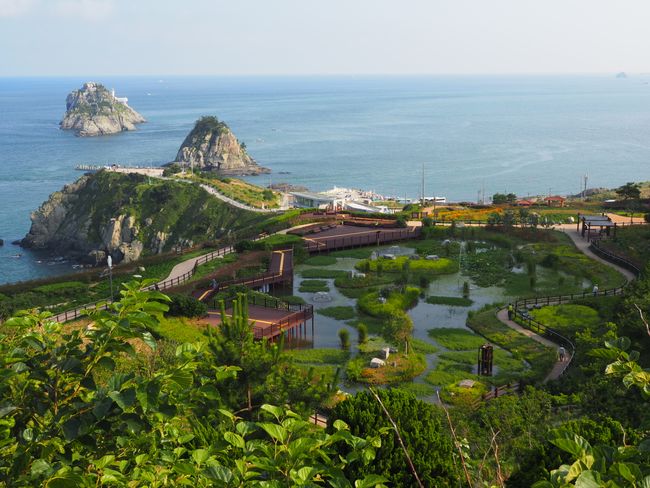
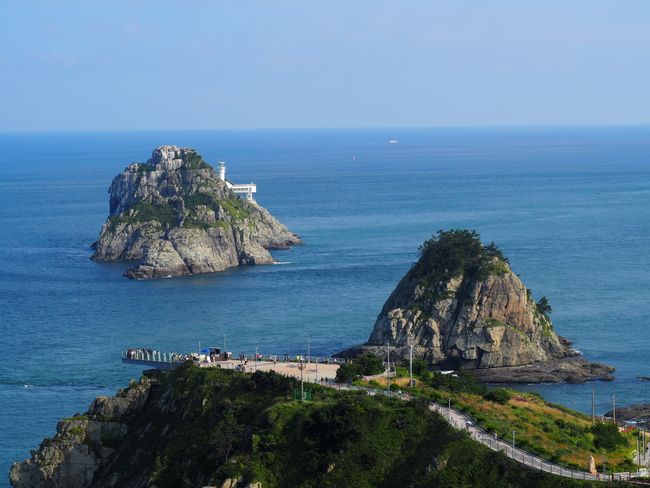
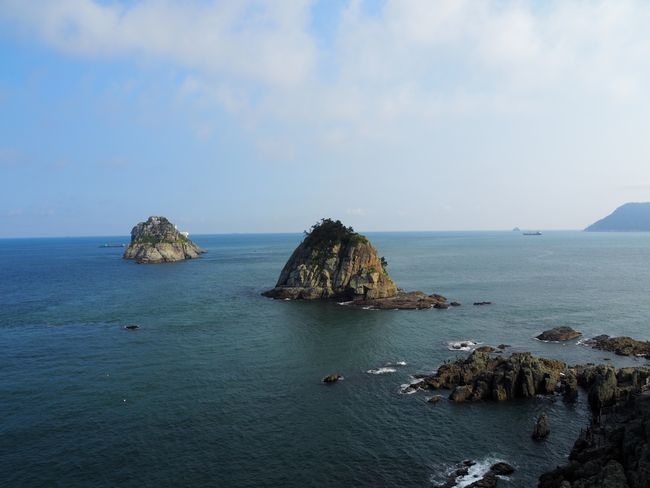
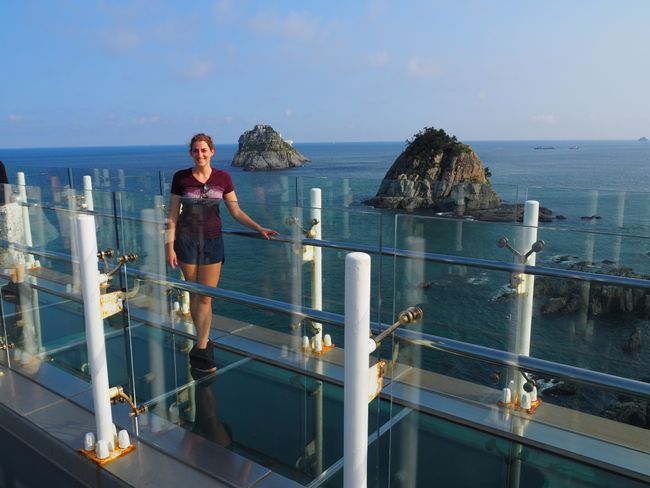
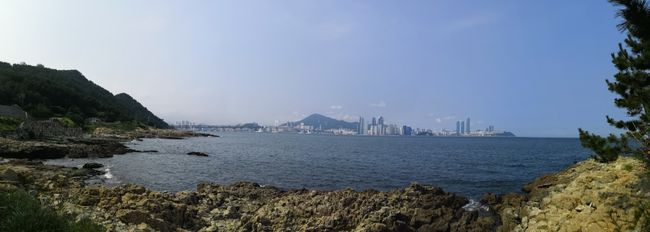
వార్తాలేఖకు సభ్యత్వాన్ని పొందండి
We took a bus from Jeonju to Busan in the afternoon. Like in Seoul, the bus terminal in Busan is directly connected to the subway system. We zoomed from the north end of the city to the center in the south. Just under half an hour later, we entered our hotel room. The standard double room turned out to be a small suite. For just thirty-six Swiss francs per night, we occupied a spacious room with a huge TV and a whirlpool bath! We hadn't experienced this level of luxury anywhere else on our trip. We settled in and then set out to find a restaurant. Since our hotel was not in a tourist area, we looked for a place with pictures on the menu. Unfortunately, our first attempt was unsuccessful. We tried to translate the menu using an app. The results of "head with bone" and "bone with bone" didn't sound very appealing. We discreetly left the restaurant after just a few minutes. Out of the corner of our eye, we saw a look of relief on the waitress's face as we left. The language barriers in Korea can be somewhat limiting. But at the next restaurant, we managed to order a meal using pictures.
The next morning, we went to a laundromat. While our laundry was being tossed around in the washer, we treated ourselves to a delicious coffee at a local stand. The owner immediately engaged us in a "conversation". With a few broken English phrases, an elaborate sign language, and the help of the internet, we talked about the attractions of Busan and its local specialties. We enjoyed the conversation. The older Koreans are usually very reserved. We said goodbye and visited the adjacent market. In addition to the usual stalls, we discovered numerous jewelry stores. By chance, we had landed in the jewelry district. The offering ranged from necklaces and earrings to wedding rings and watches. Here, surely every seeker will find what they're looking for - the range of goods is enormous.
Back at the hotel, we dropped off our clothes and then took the metro to Haeundae Beach, the most popular beach in Busan. The beach is spacious and clean. With its rows of umbrellas, the scenery reminded us of pictures of Rimini. During the peak season, this place must be really crowded. Due to the cloudy weather, there were only a few people on the beach. Only a handful of people, mostly children, ventured into the water. We strolled along the beach and admired the newly built high-rise buildings. We went to the waterfront promenade, which follows a disused railway track, to reach the five-kilometer distant Skywalk. Unfortunately, we had to turn back halfway because there were construction works going on. Part of the path was apparently damaged by a landslide.
In the evening, we visited the entertainment district of Busan: Seomyeon. Hundreds of restaurants, cafes, and bars can be found in this district. Everywhere, signs and lettering in all possible colors and shapes were glowing and blinking. We mainly encountered young people on the streets. Going out in Korea is a bit different than in Switzerland. At a joint dinner - usually a table grill - we eat and drink. Each person will probably consume at least one bottle of Soju. Huge amounts of meat are consumed with it. Some then go to a bar. But this is certainly not the majority, because for a Saturday night, they were surprisingly poorly attended. At least they were not as overcrowded as they are at home. We also enjoyed a nice evening with a table grill, Soju, and delicious beef. A round of table football and darts in a bar rounded off the evening perfectly.
The next day, we visited the Gamcheon Culture Village in the west of Busan. This neighborhood was built by Korean war refugees in the 1950s. Busan was one of the few cities that didn't fall during the war and was therefore considered a safe haven. The village was built on a steep hillside. The streets are accordingly steep and winding. The area only gained fame after the residents started painting their houses in bright colors and decorating them with murals. Today, the village is one of Busan's main tourist attractions. We climbed on foot from the metro station up the steep hill to the village center. From the Buddhist temple, we enjoyed a wonderful view of the city of Busan. We wandered around for over two hours along the narrow alleys between the houses and admired the colorful murals. We were rarely on the "correct" path. Reading the Korean road signs posed greater difficulties for us. Fortunately, some paths were marked with color. So on the way back, we found a suitable path that quickly took us back to our starting point.
At the bottom, we went to the so-called BIFF Square. Similar to the Walk of Fame in Los Angeles, there is also a street here that is lined with handprints of celebrities. The district gained fame through the Busan International Film Festival. In 2019, the event will be held for the twenty-fourth time. But its origin as a cultural and film district began much earlier. After Korea's liberation from Japanese rule, several cinemas were built in this part of the city for the population. Today, it is a much-visited place. We walked through the street and visited the adjacent market. If you need socks, this is definitely the right place. They are sold in all shapes and colors on every corner. We didn't buy socks, but we did get a delicious pastry at a bakery. It was a marble-colored brioche filled with cream cheese in cube form. Really airy and tasty!
We continued on foot to the nearby fish market. At the Jagalchi fish market, you can acquire everything that normally swims in the sea. The oversized market appeared rather daunting to us. Many marine creatures were held in very questionable containers. Animal rights seem to be not very advanced in Korea. However, it would be wrong to blame the fishermen. Once again, it became clear to us that fishermen are practically the poorest segment of the population in every country. Conclusion: The prices for seafood and fish must rise significantly, otherwise nothing will change in the coming years. Hungry once again, we returned to Seomyeon - this is where the largest selection of restaurants is.
On the last day, we visited the Busan Aquarium. With eighty tanks spread over two floors, it is the largest in Korea. We encountered some of the fish while diving. There were also some very special animals represented. The Arapaima was particularly fascinating, standing out with its firm scales. We had the impression that it must have come from the time of the dinosaurs. A peculiar creature. In the largest tank, we discovered numerous sharks (various species), giant groupers, turtles, and stingrays. The visit to the aquarium was very relaxing and enriching.
After lunch, we took the metro back to the hotel, where we picked up our luggage. We then took the metro to the airport. The next destination is Jeju Island. An island off the southern coast of Korea.
వార్తాలేఖకు సభ్యత్వాన్ని పొందండి
సమాధానం
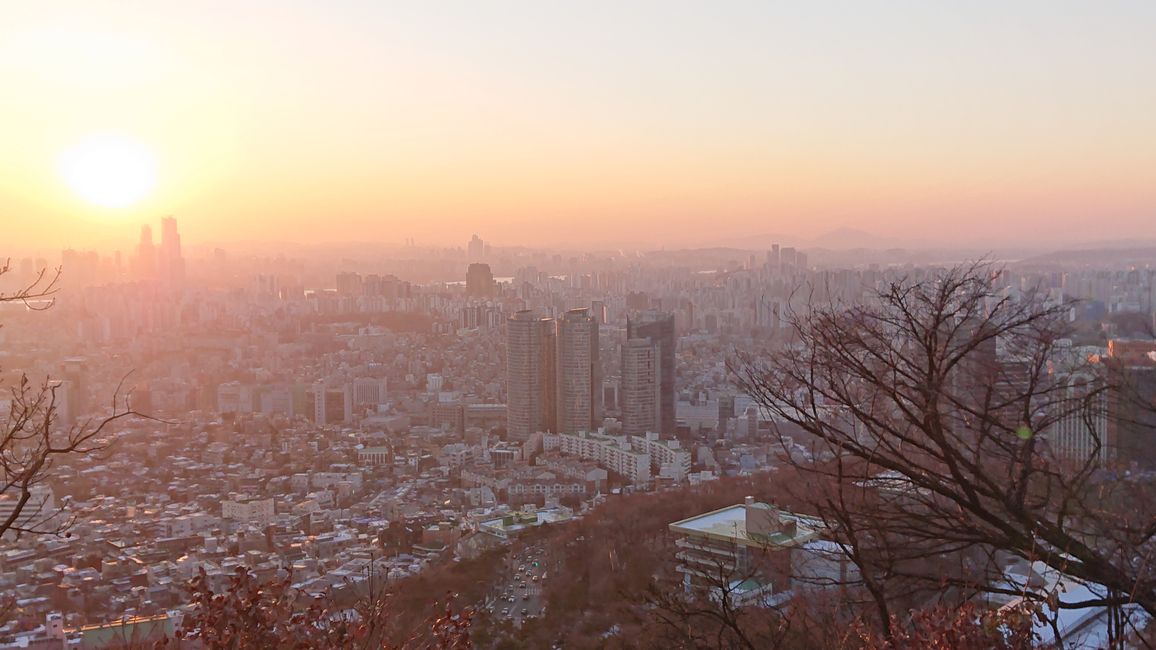
దక్షిణ కొరియా ప్రయాణ నివేదికలు
